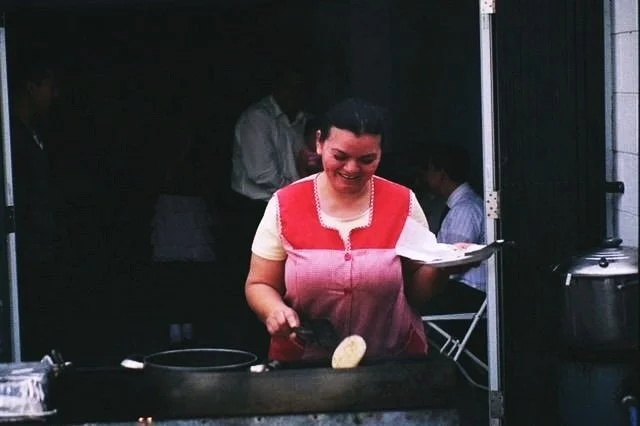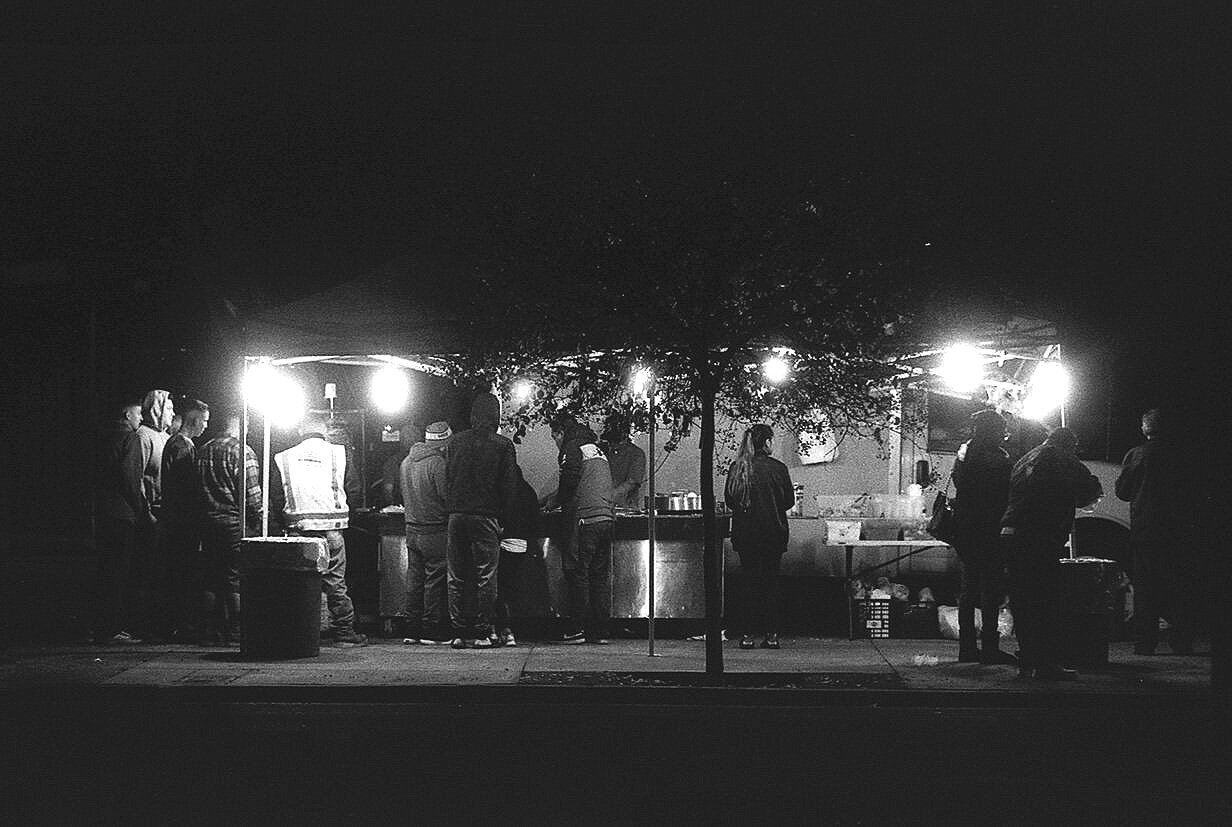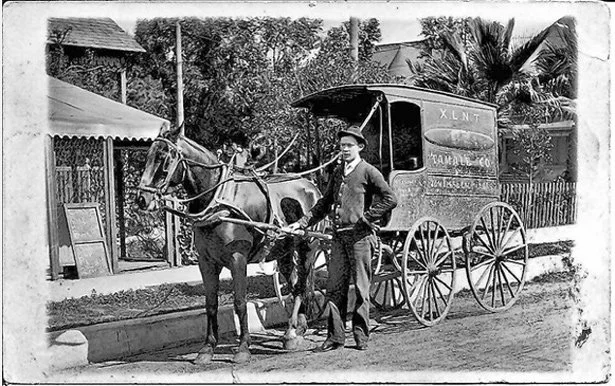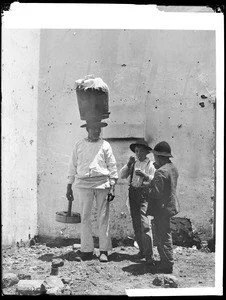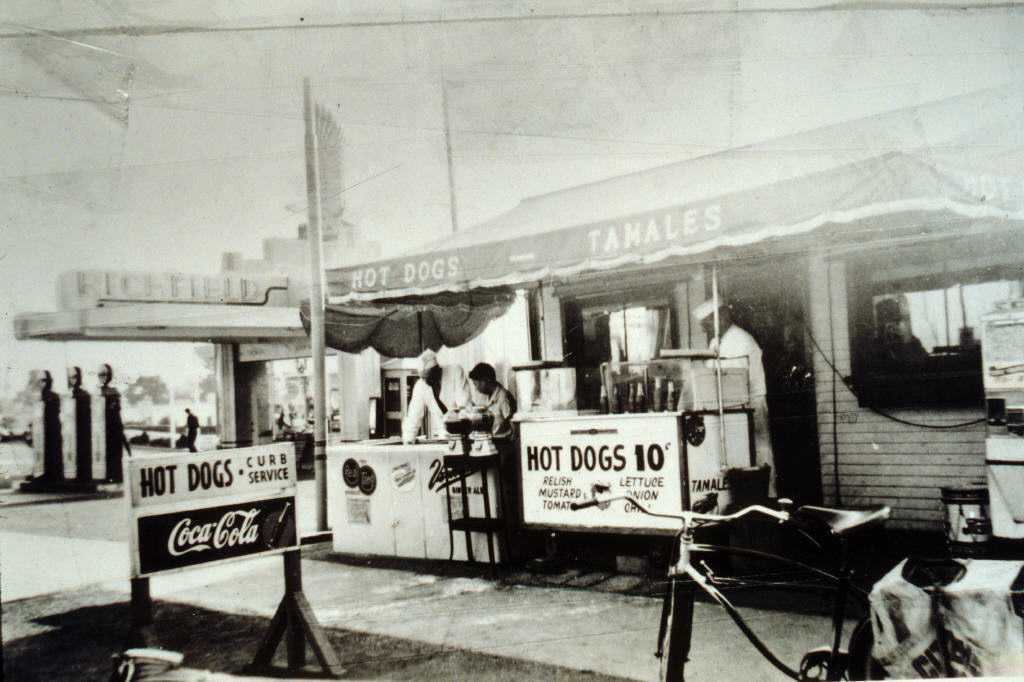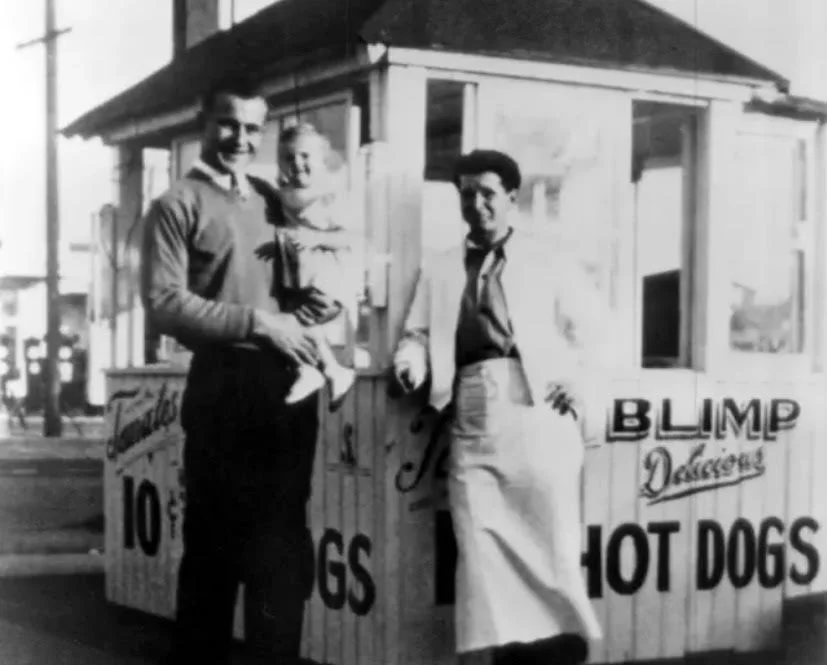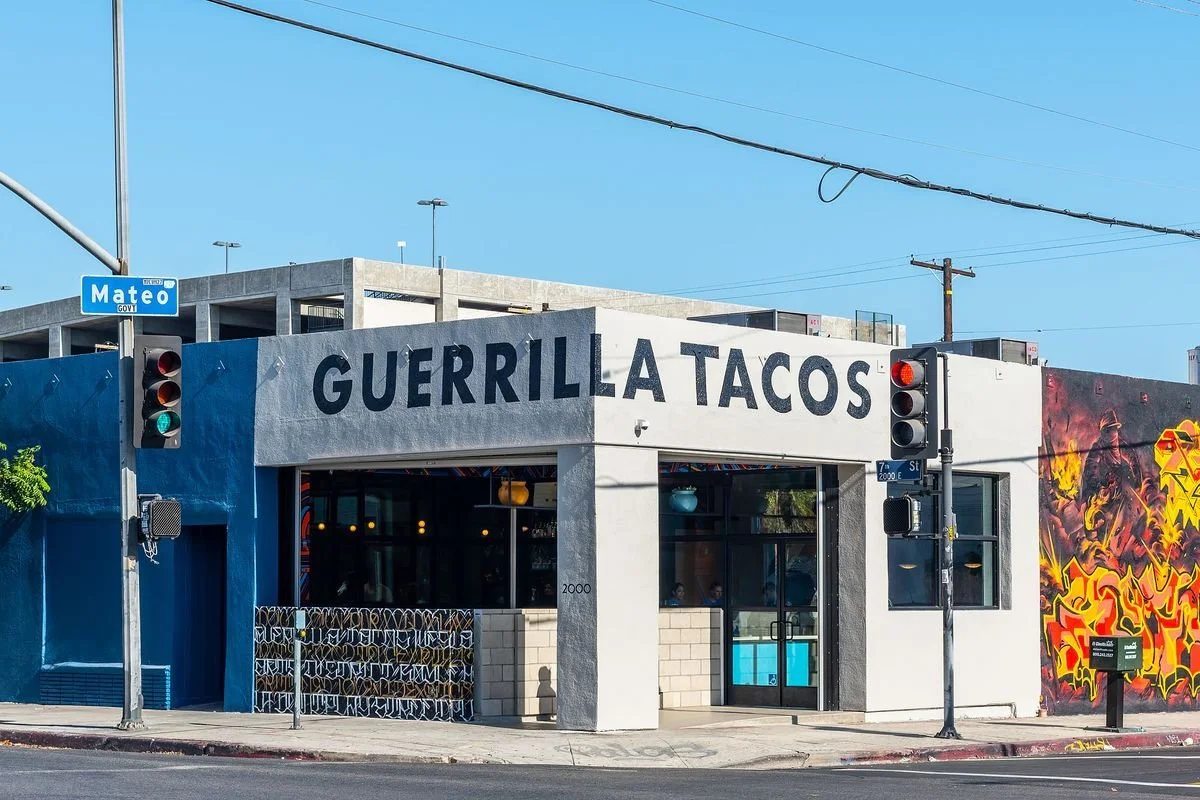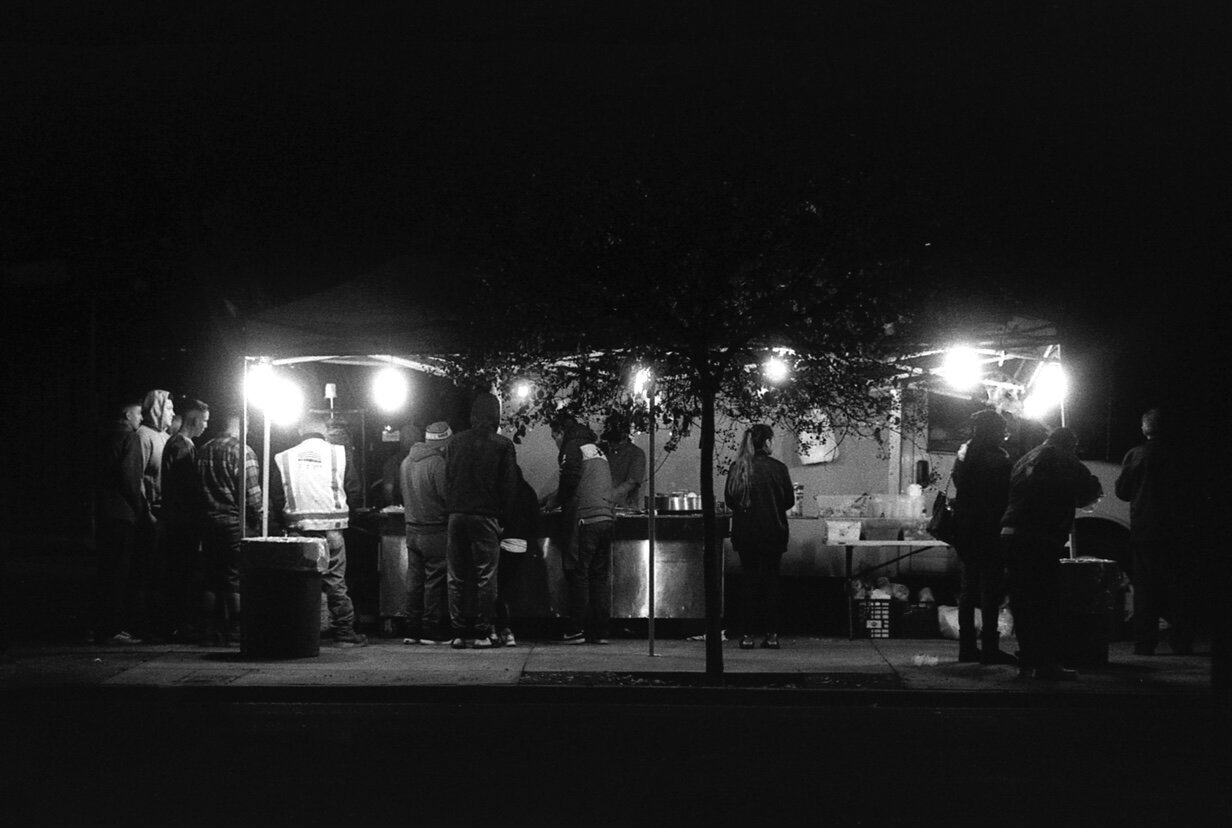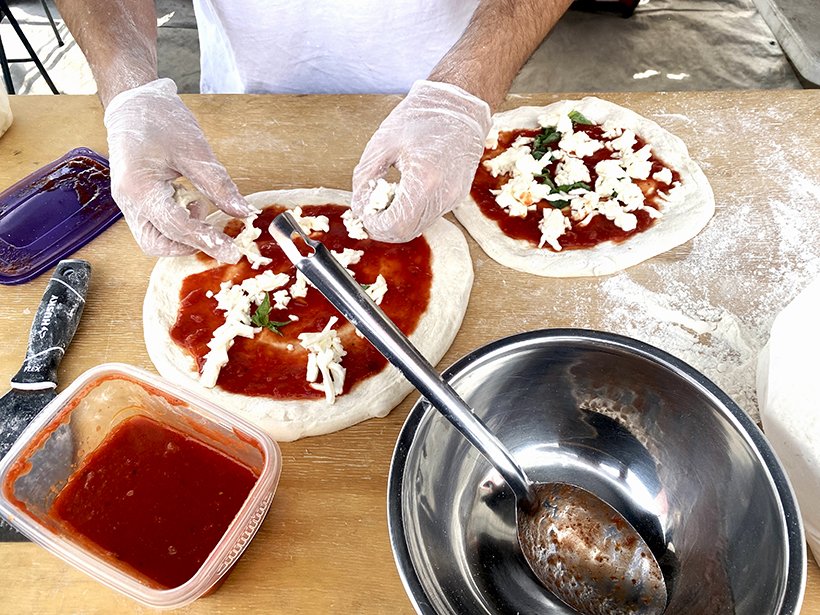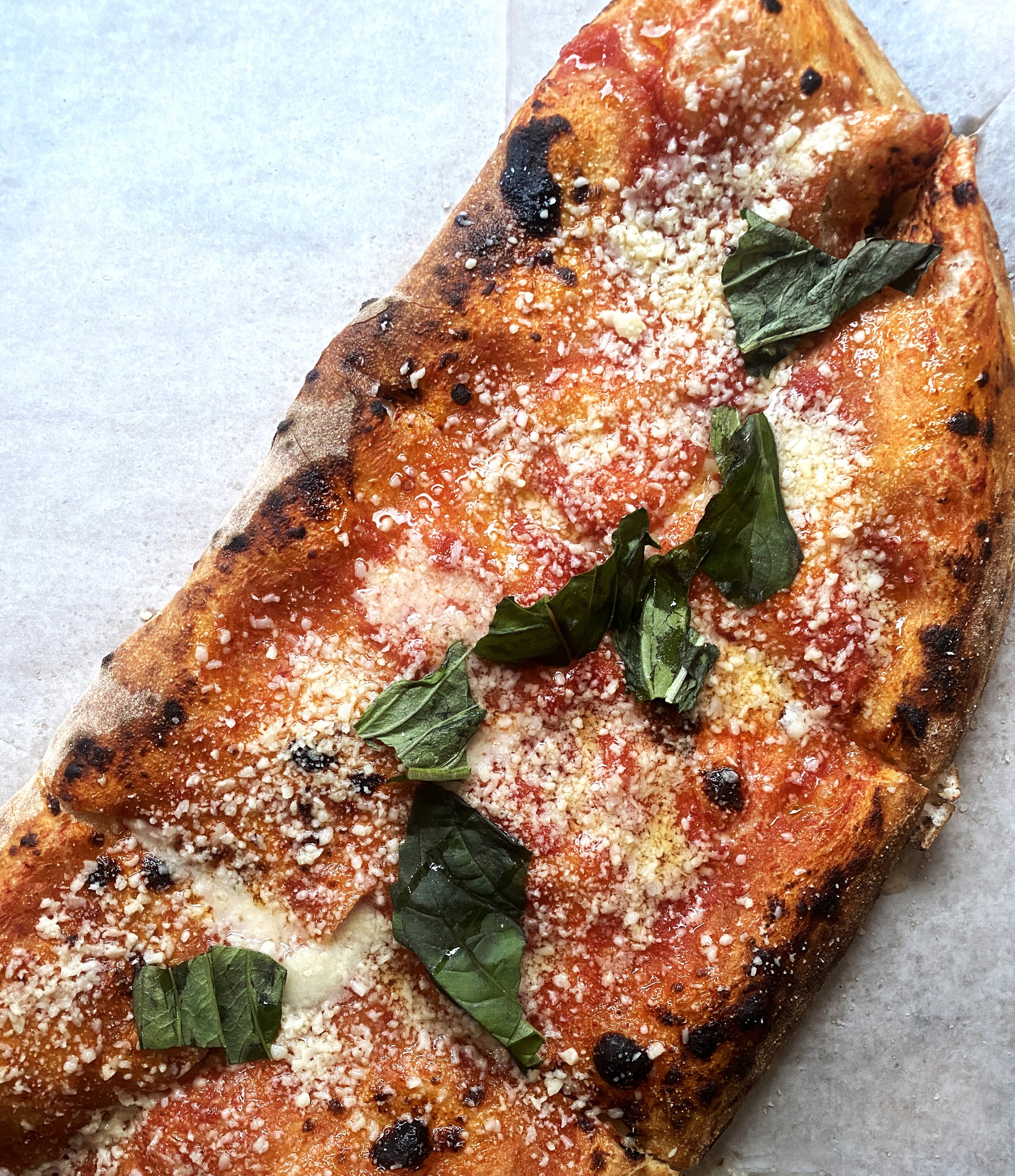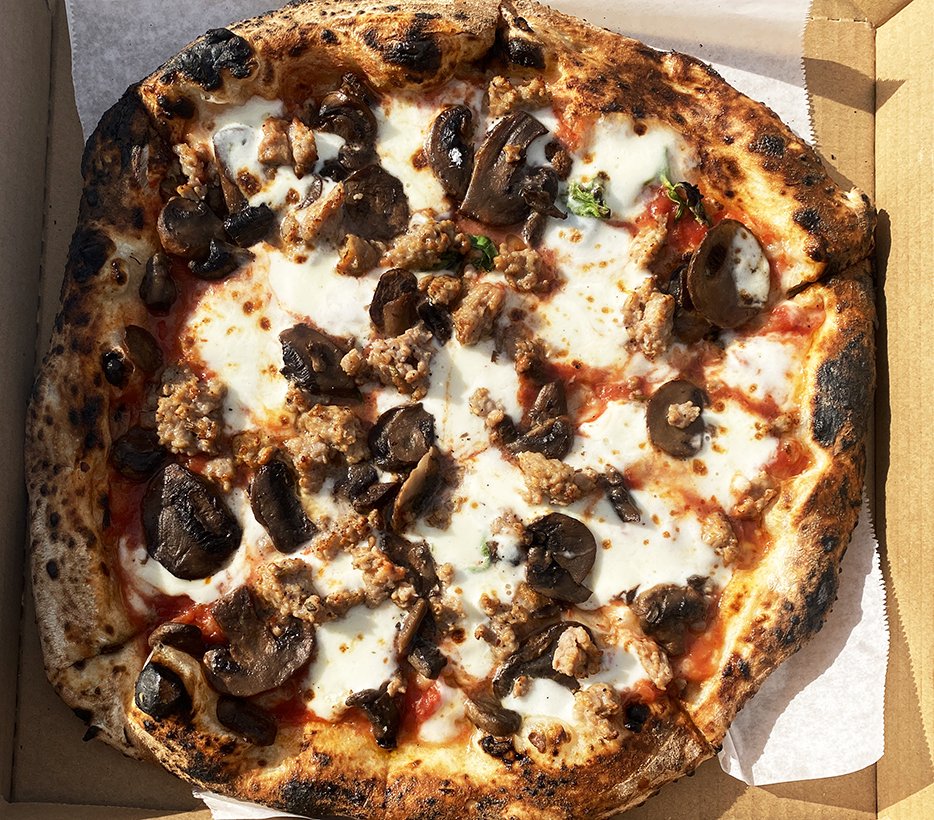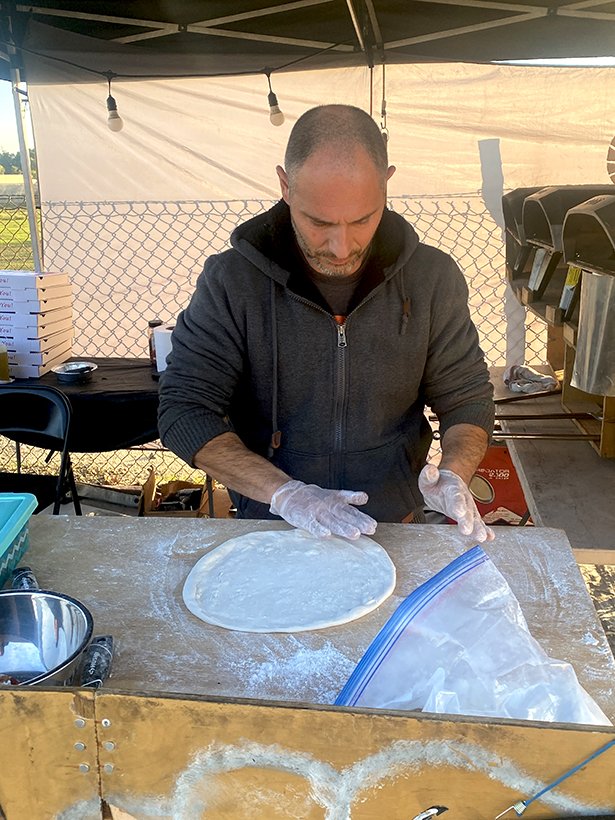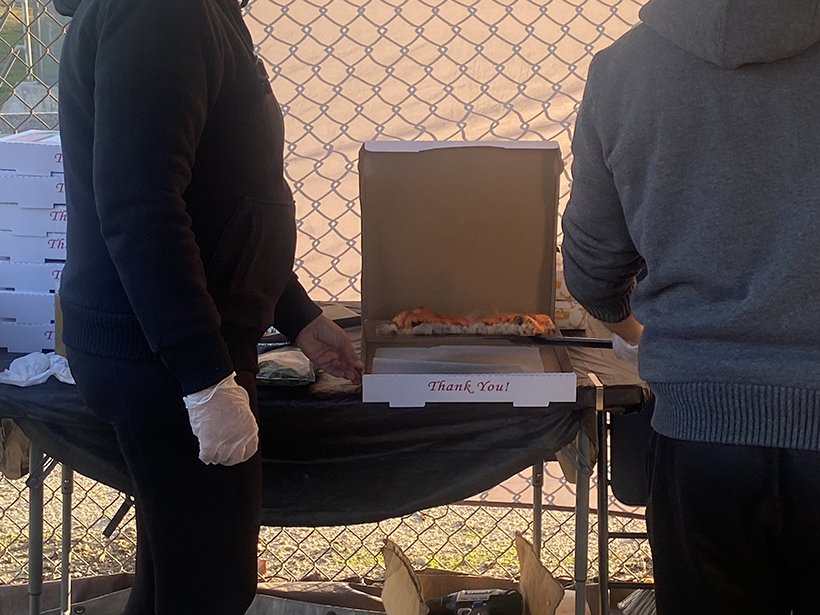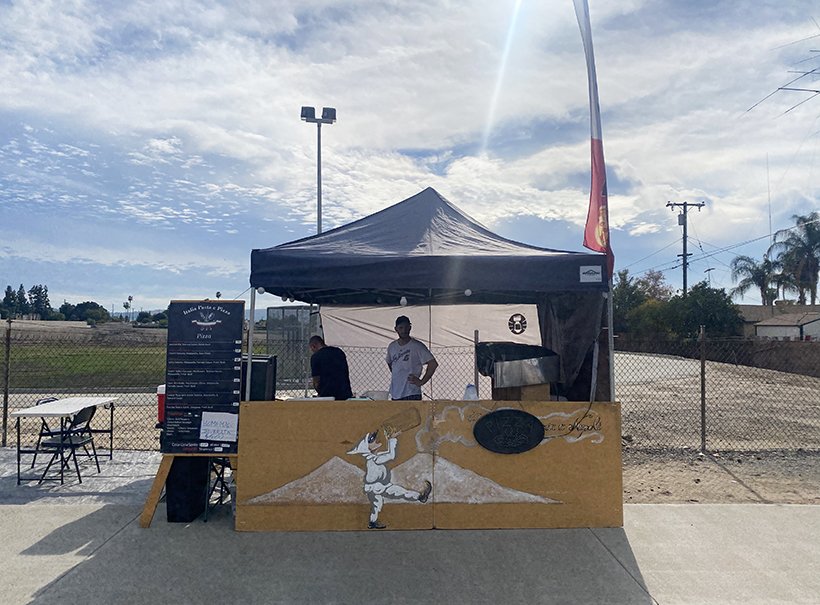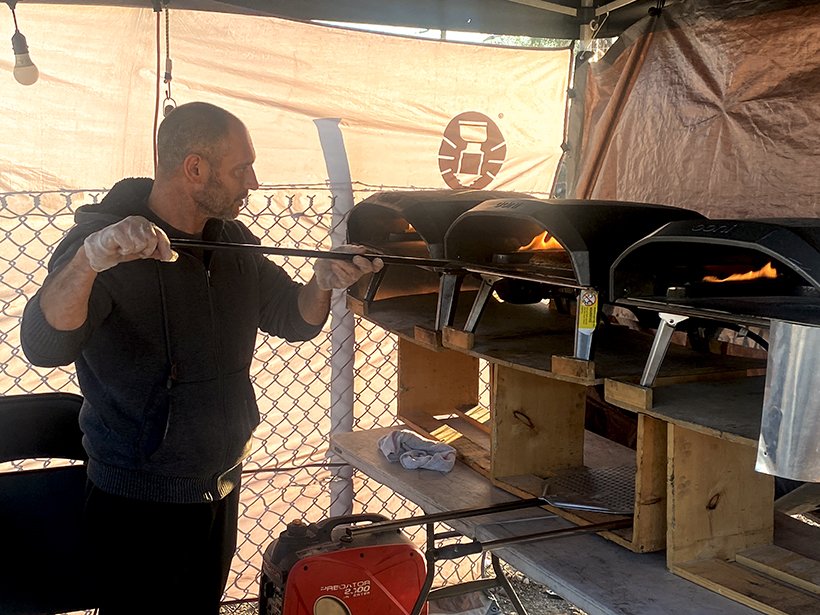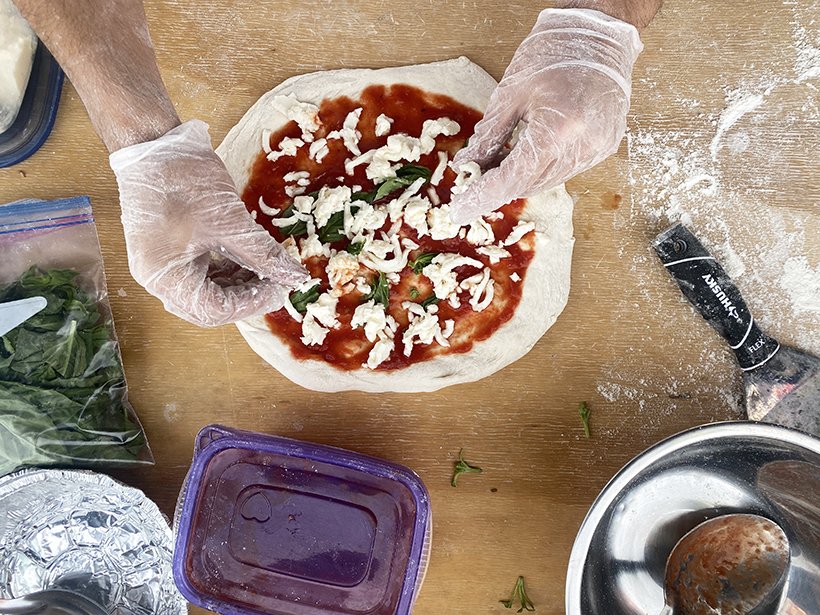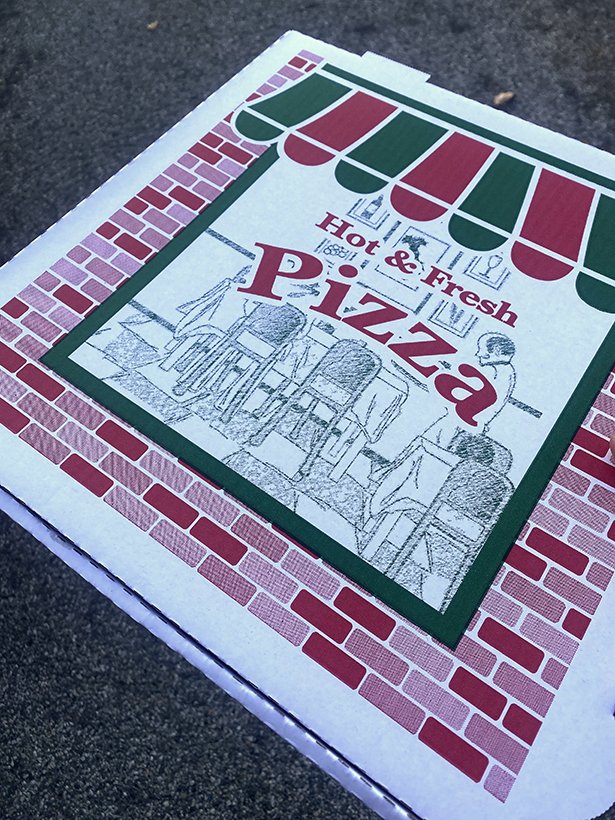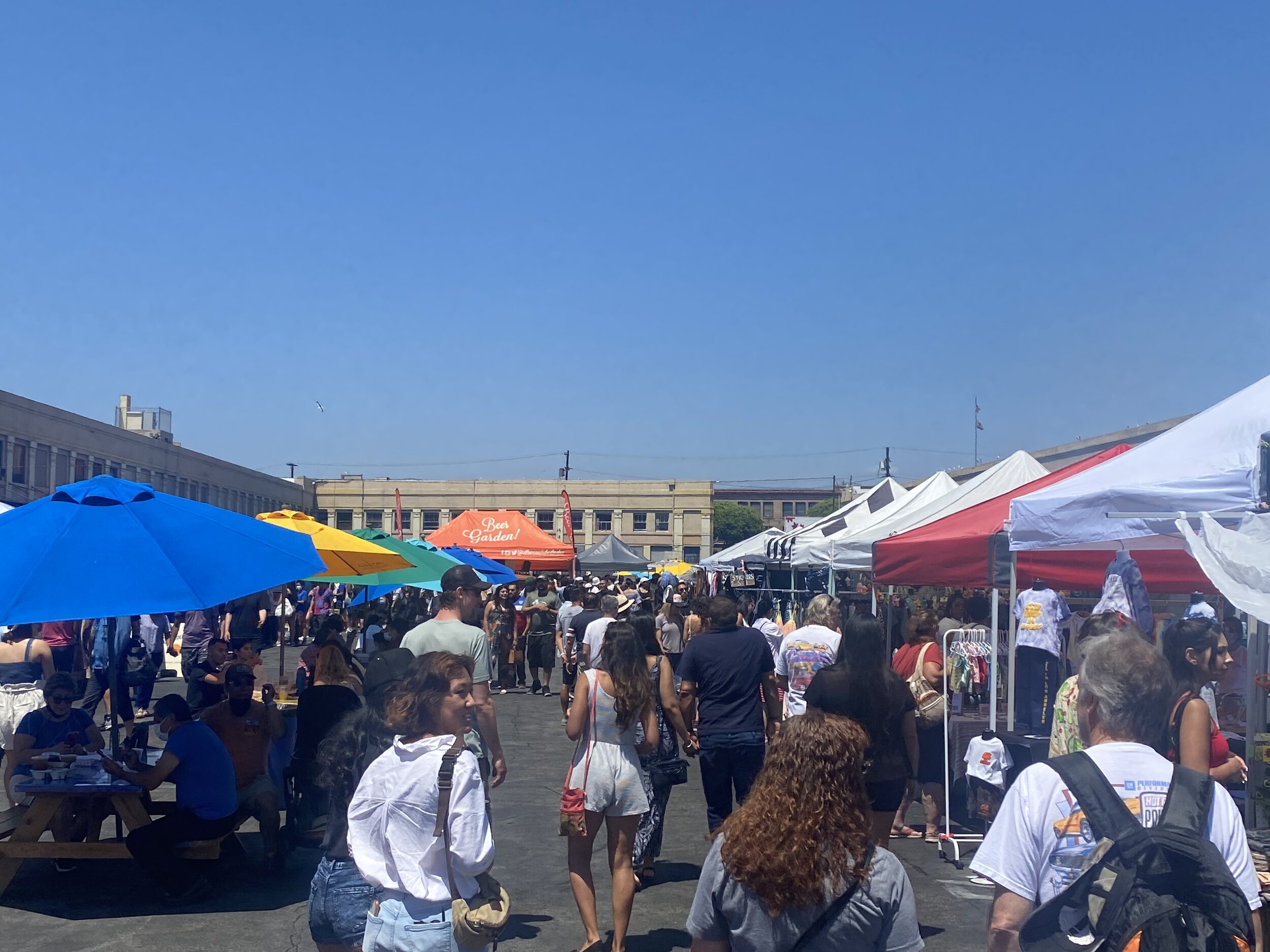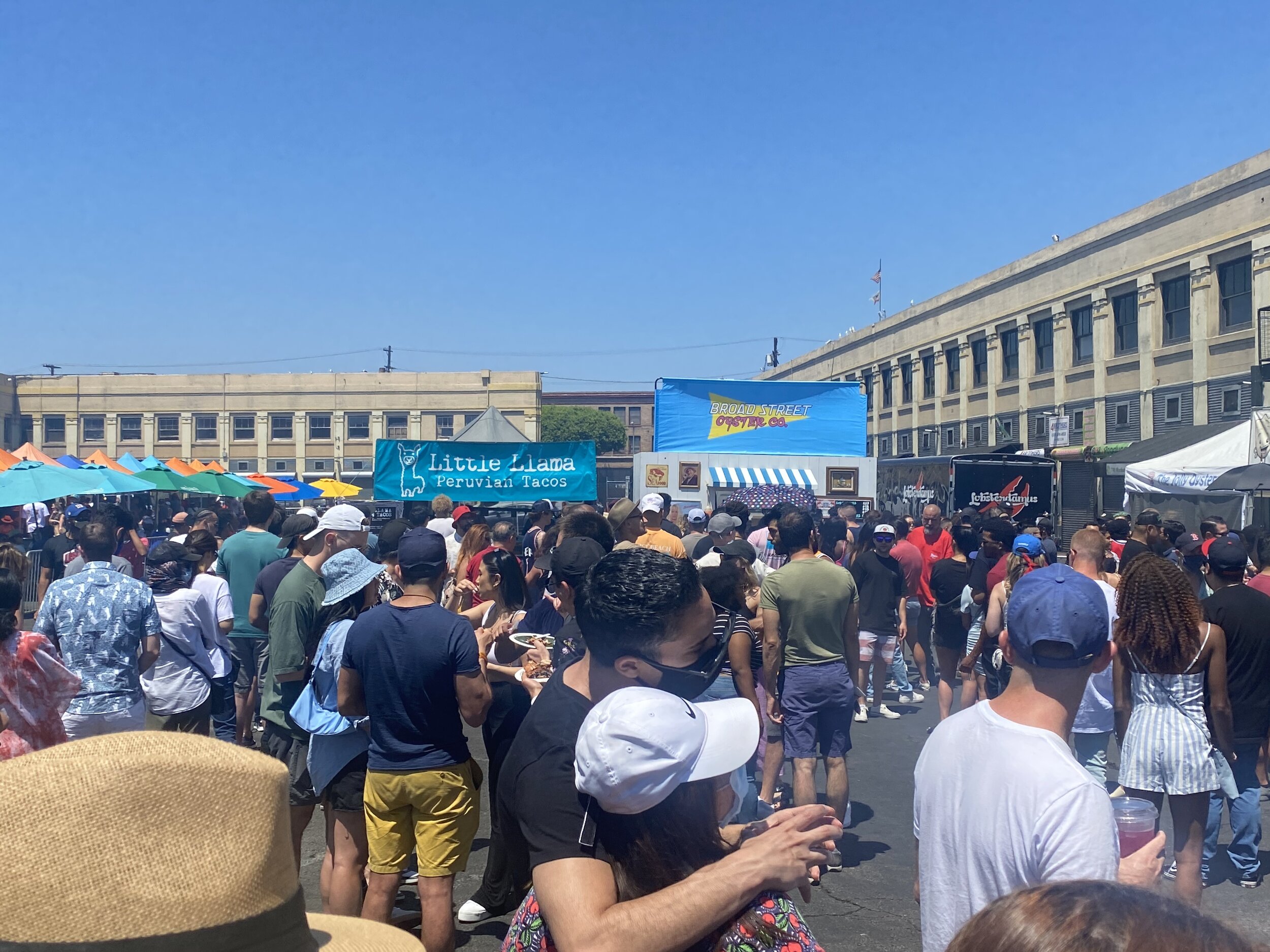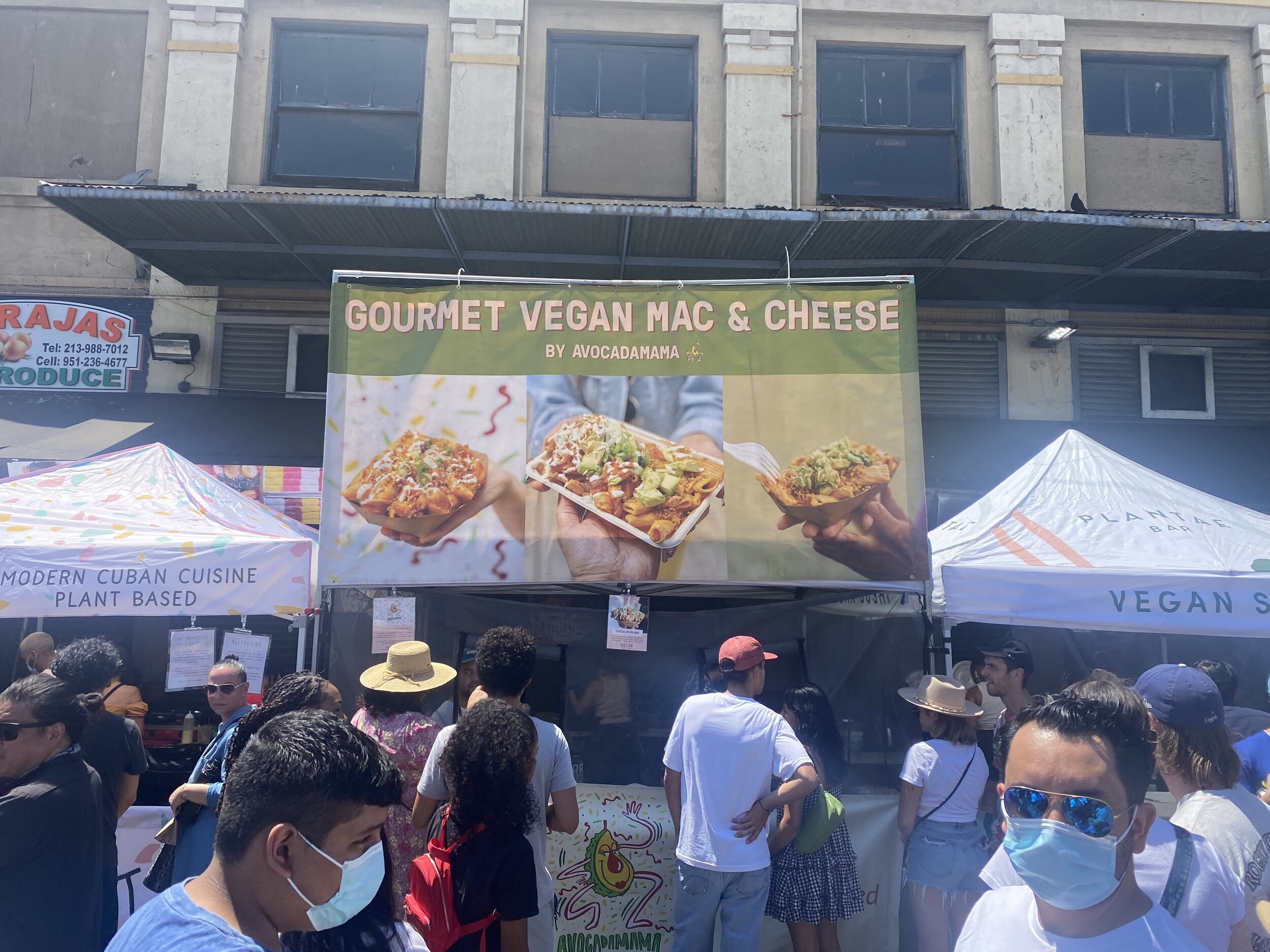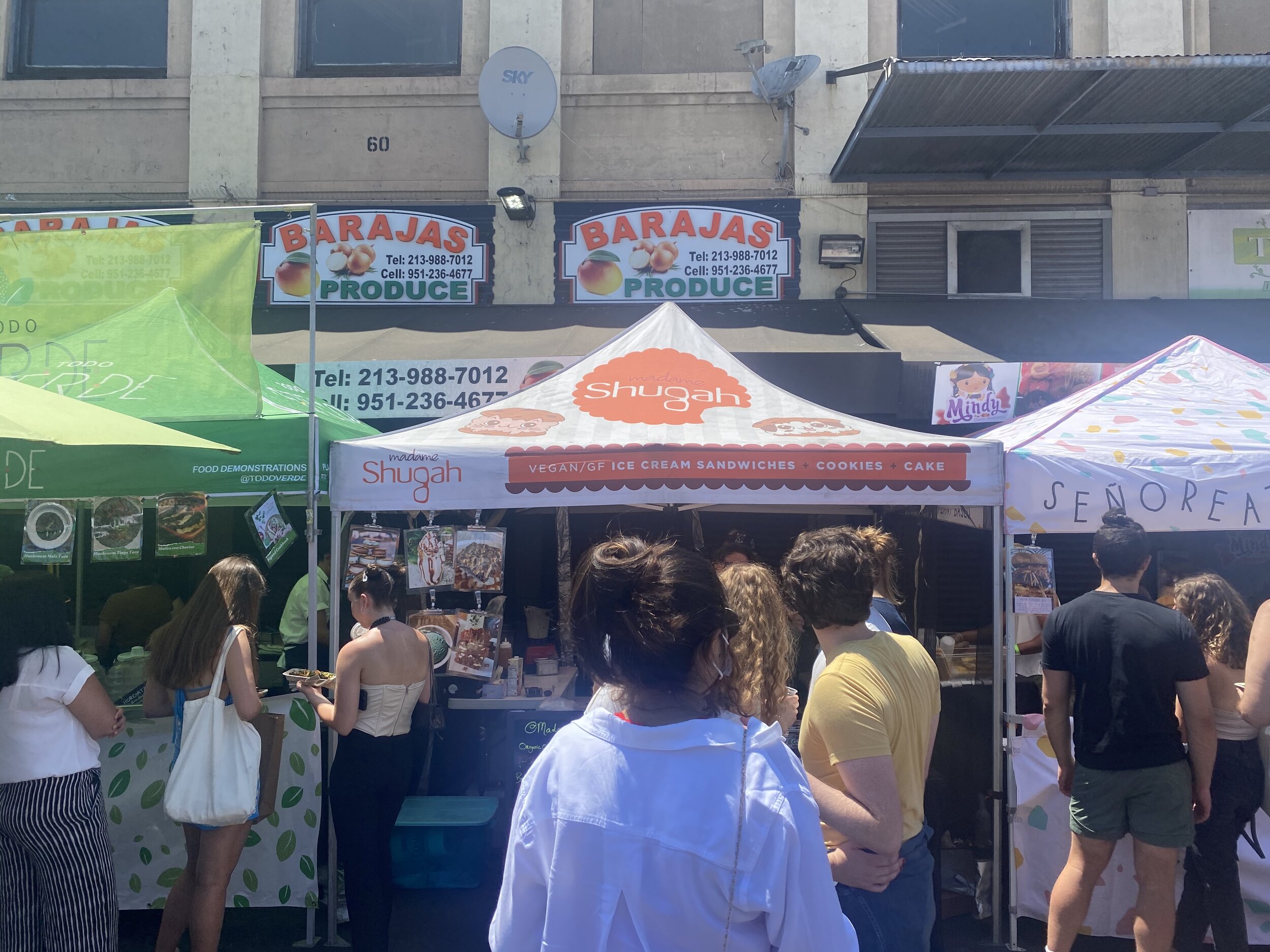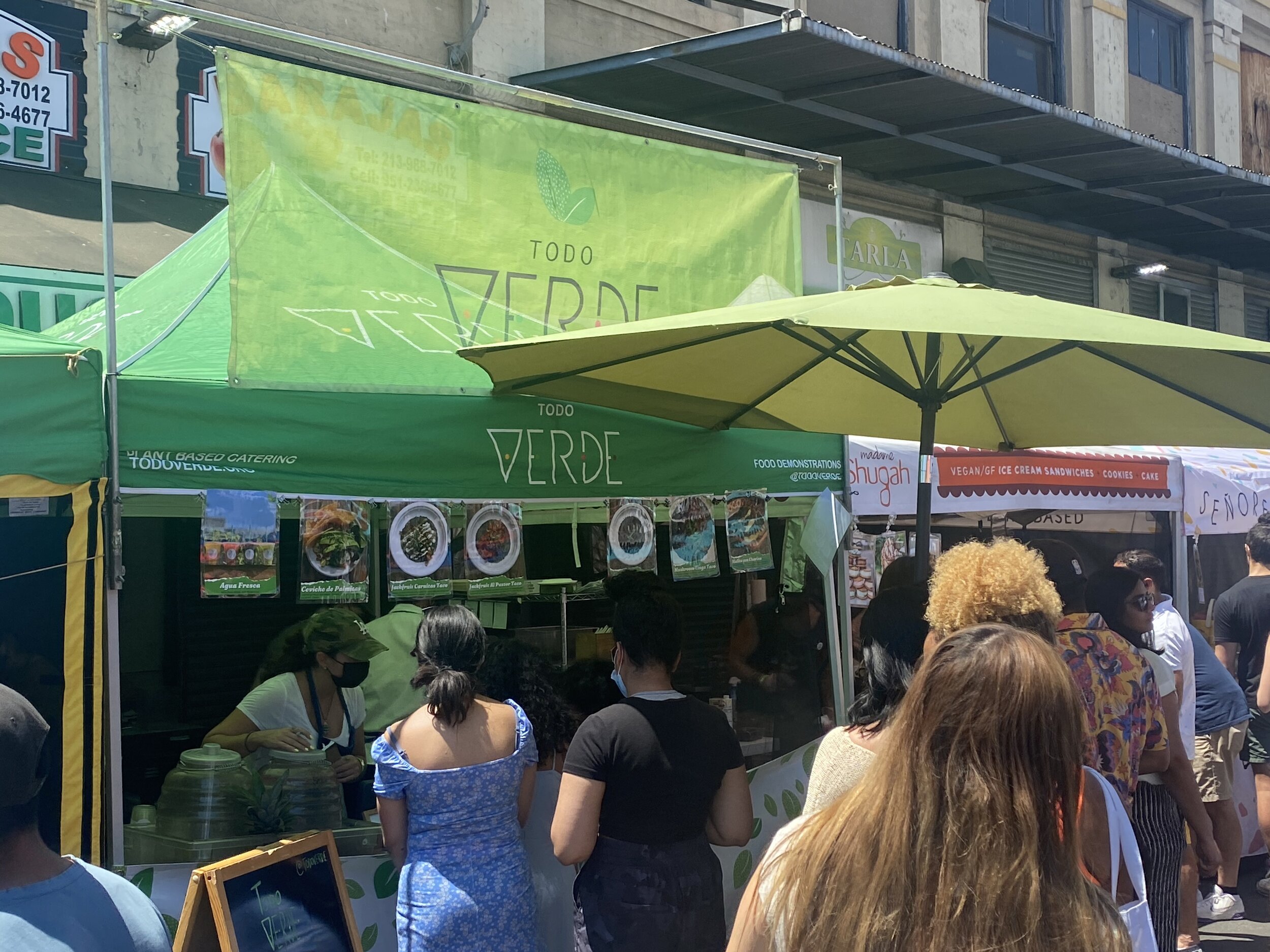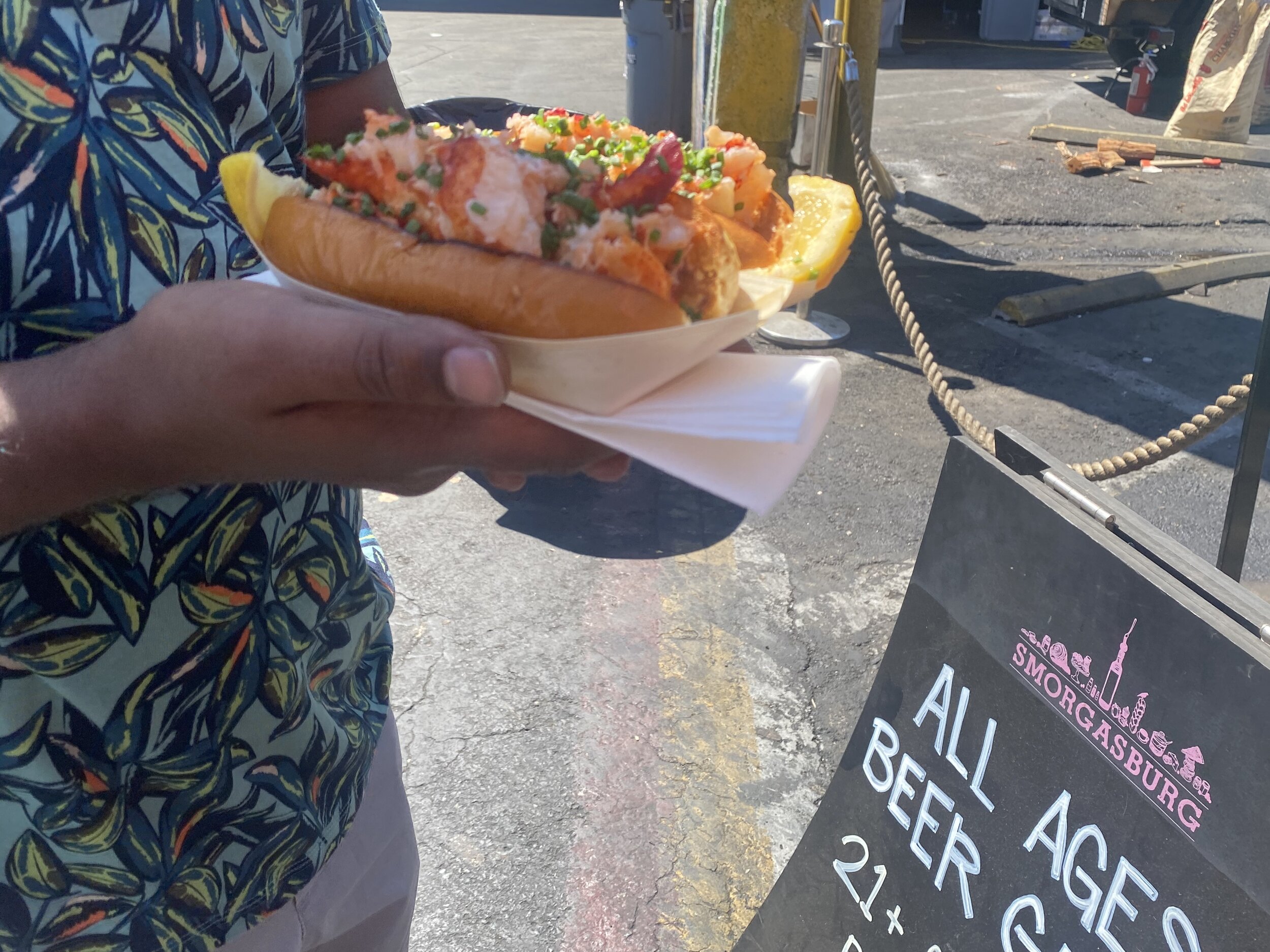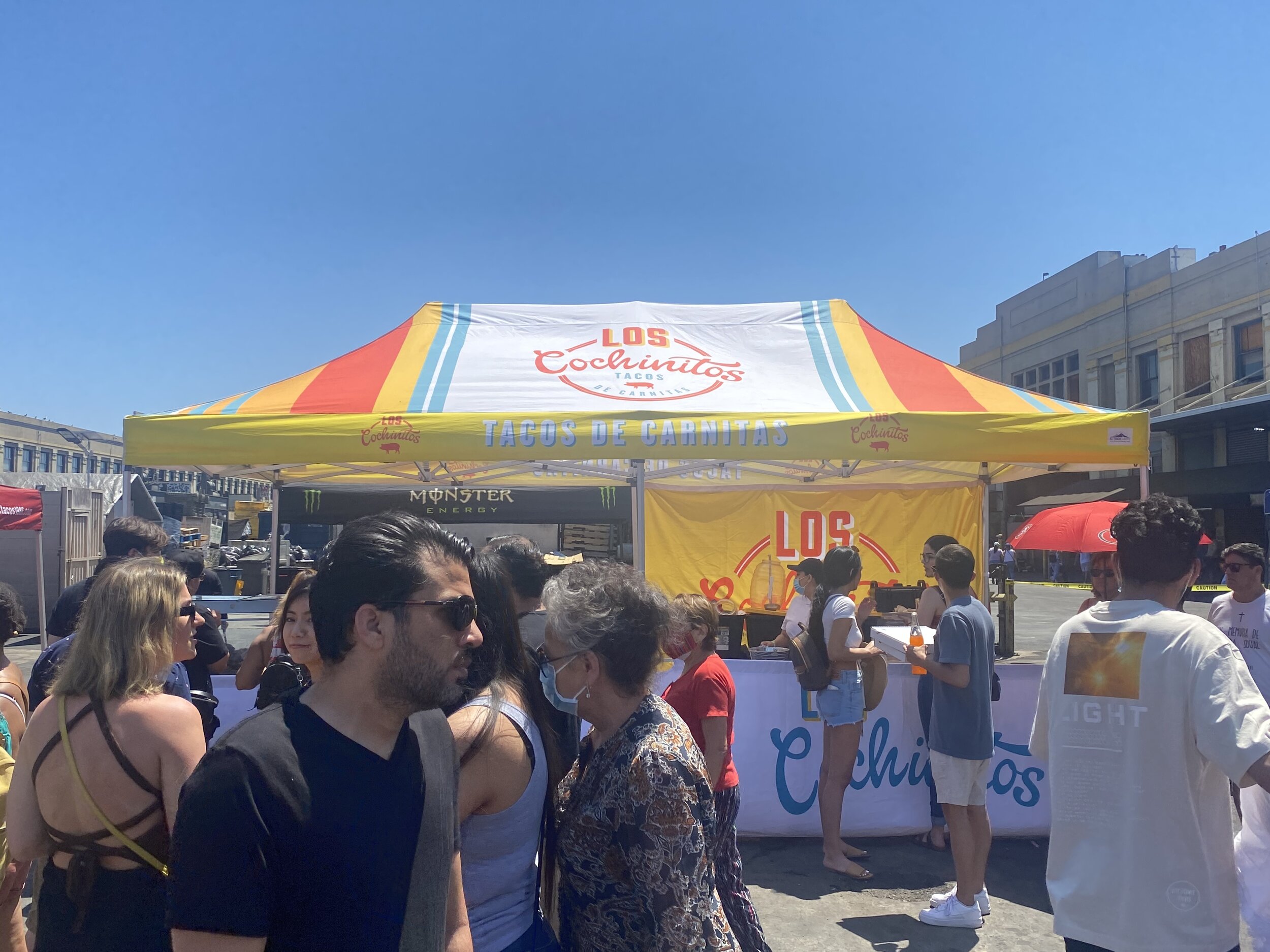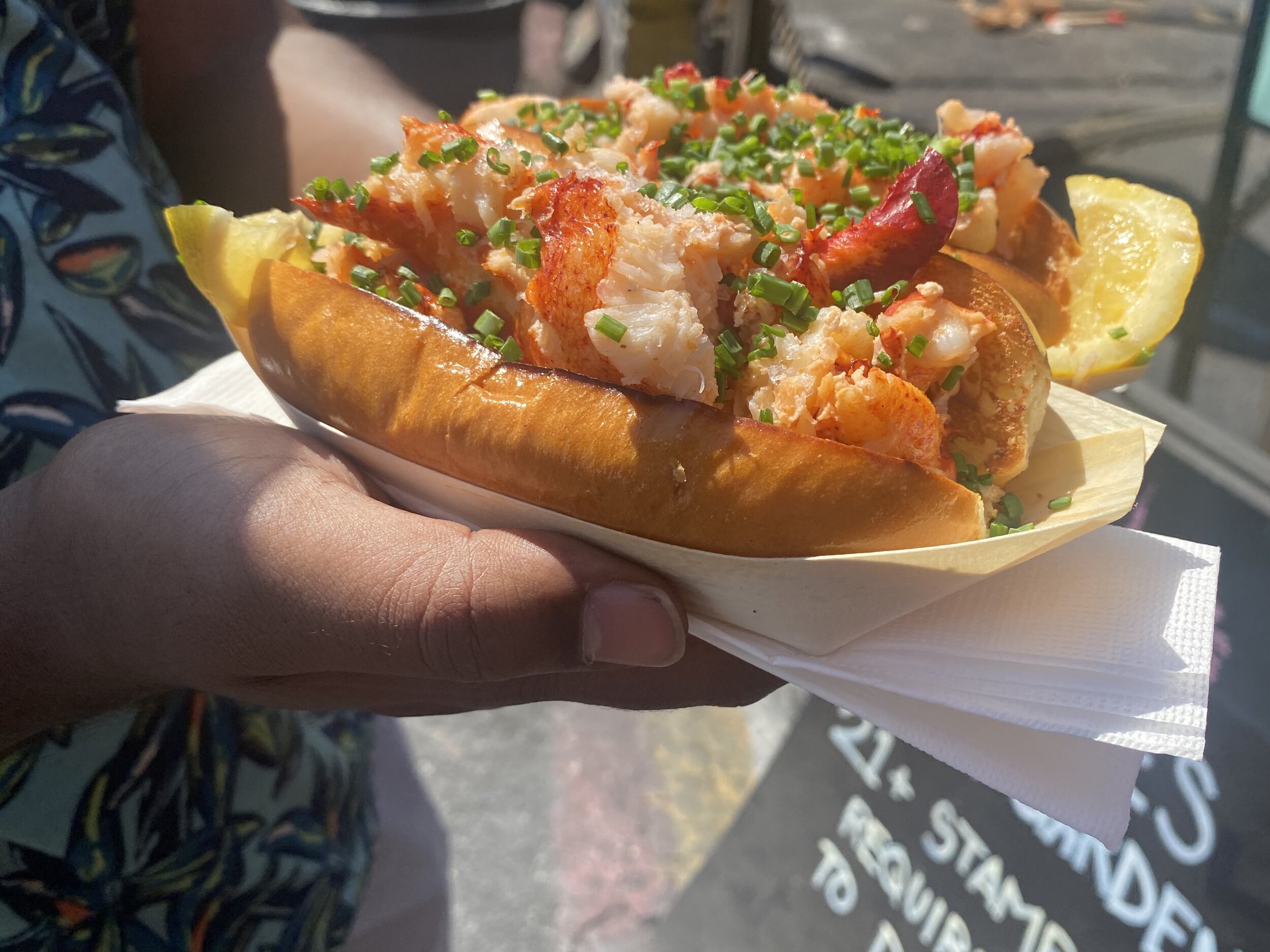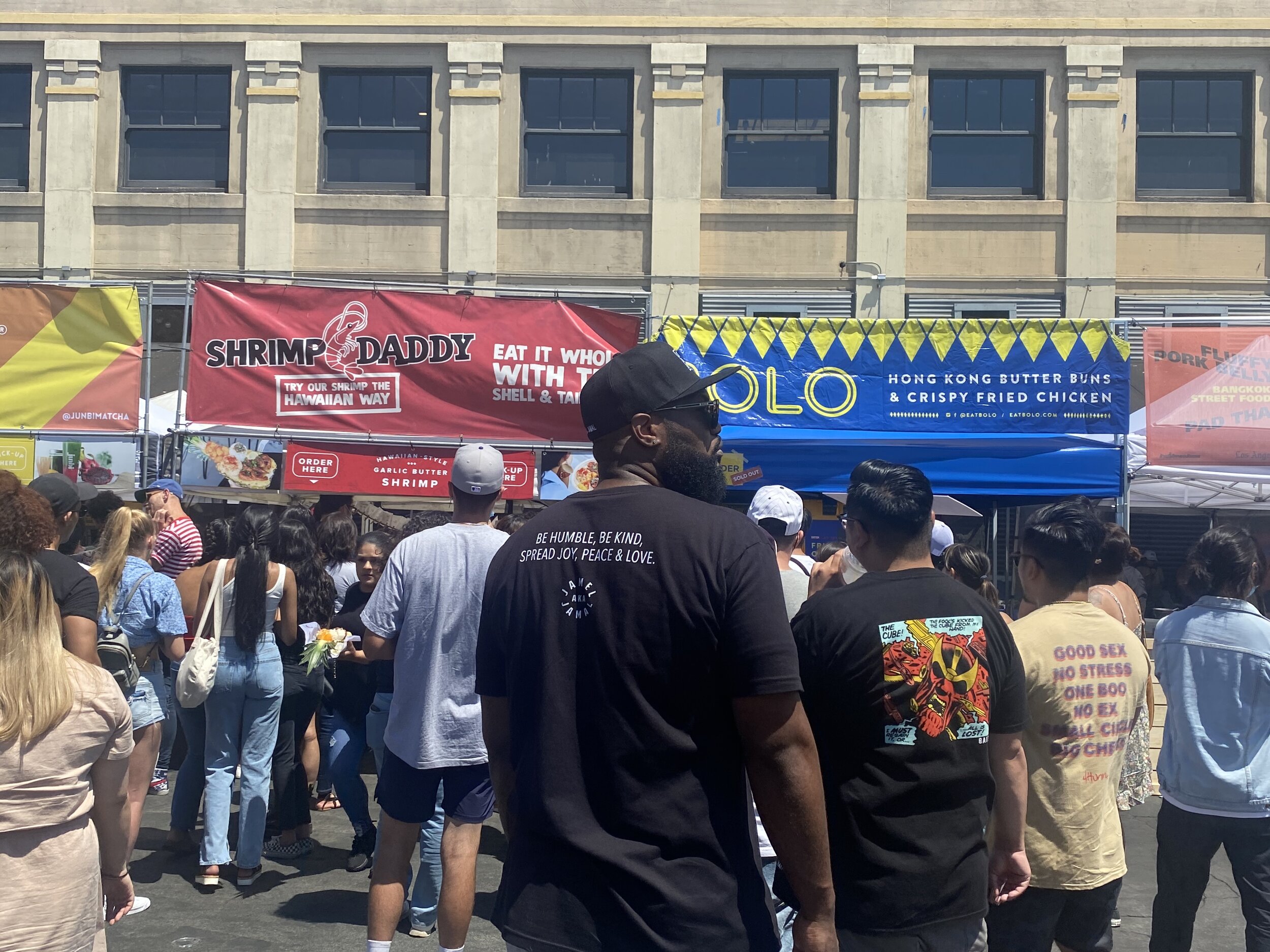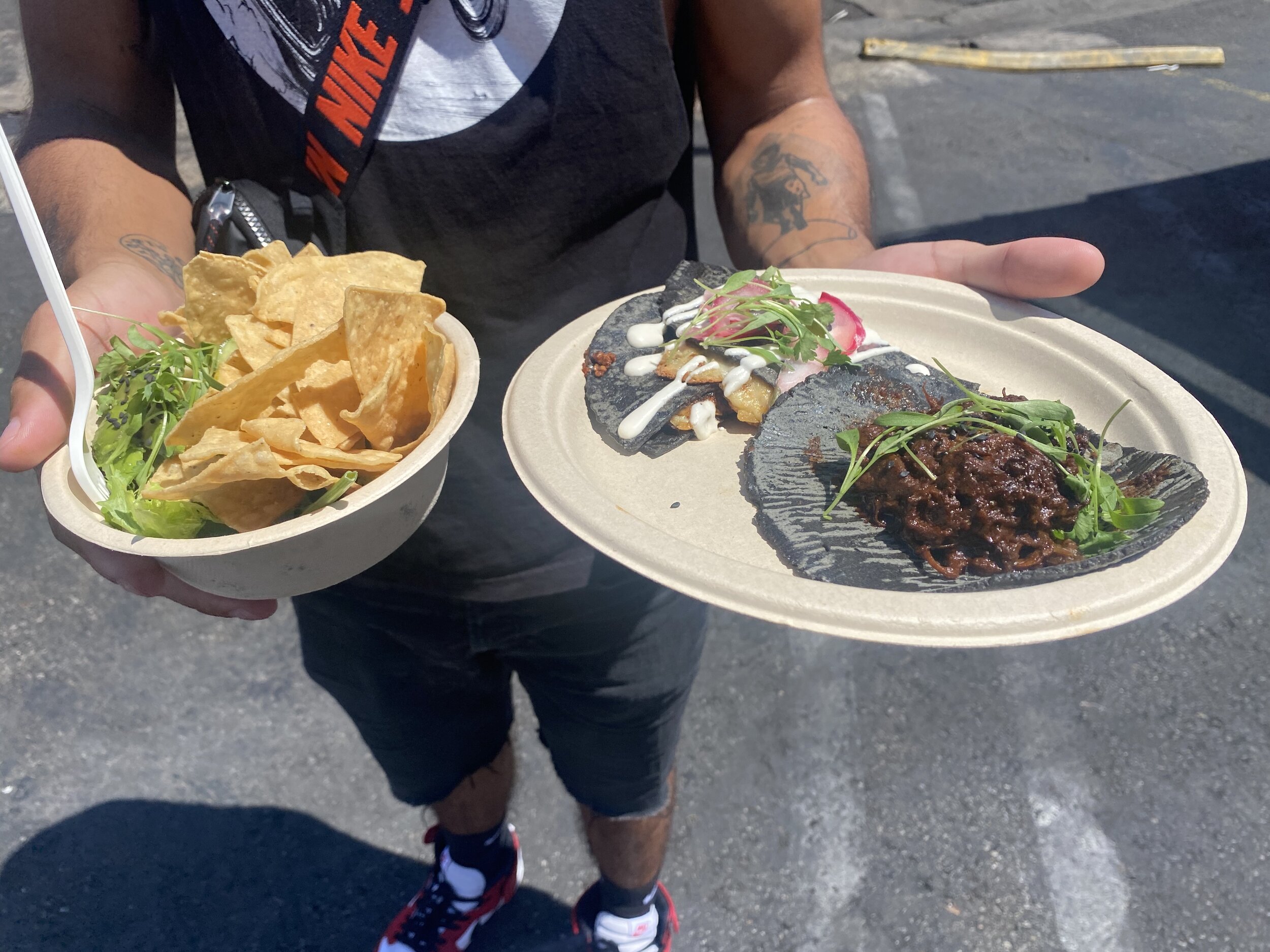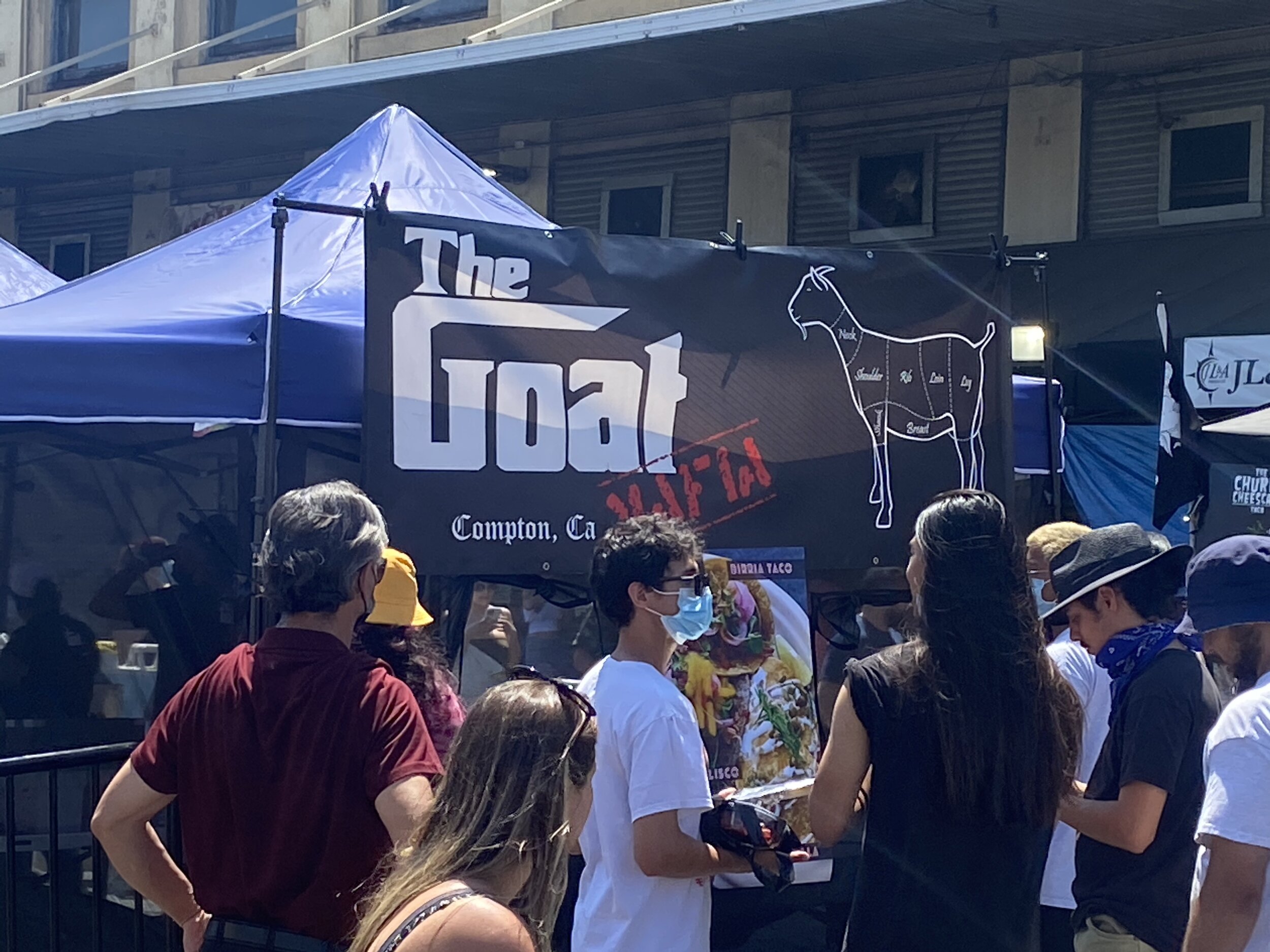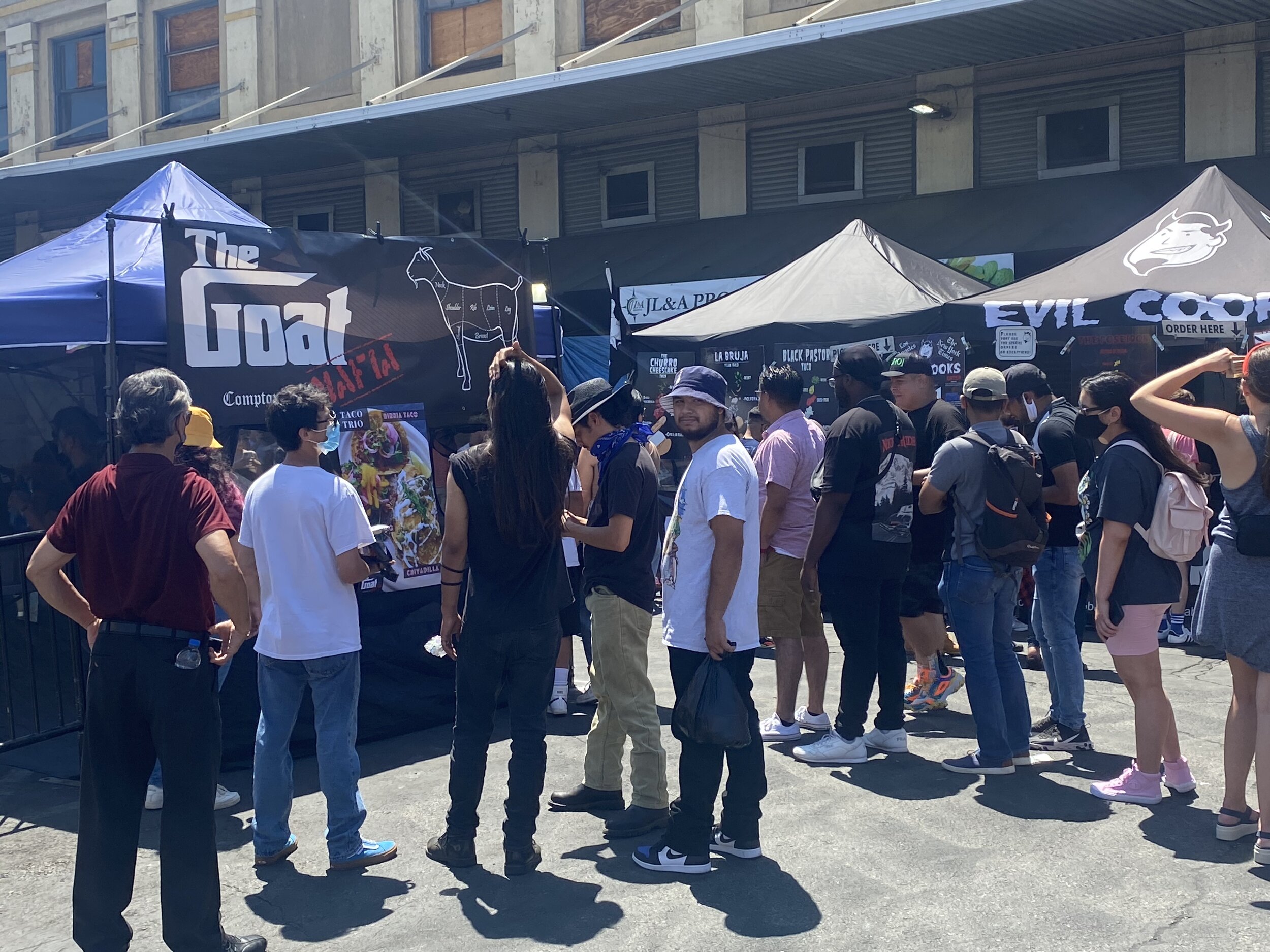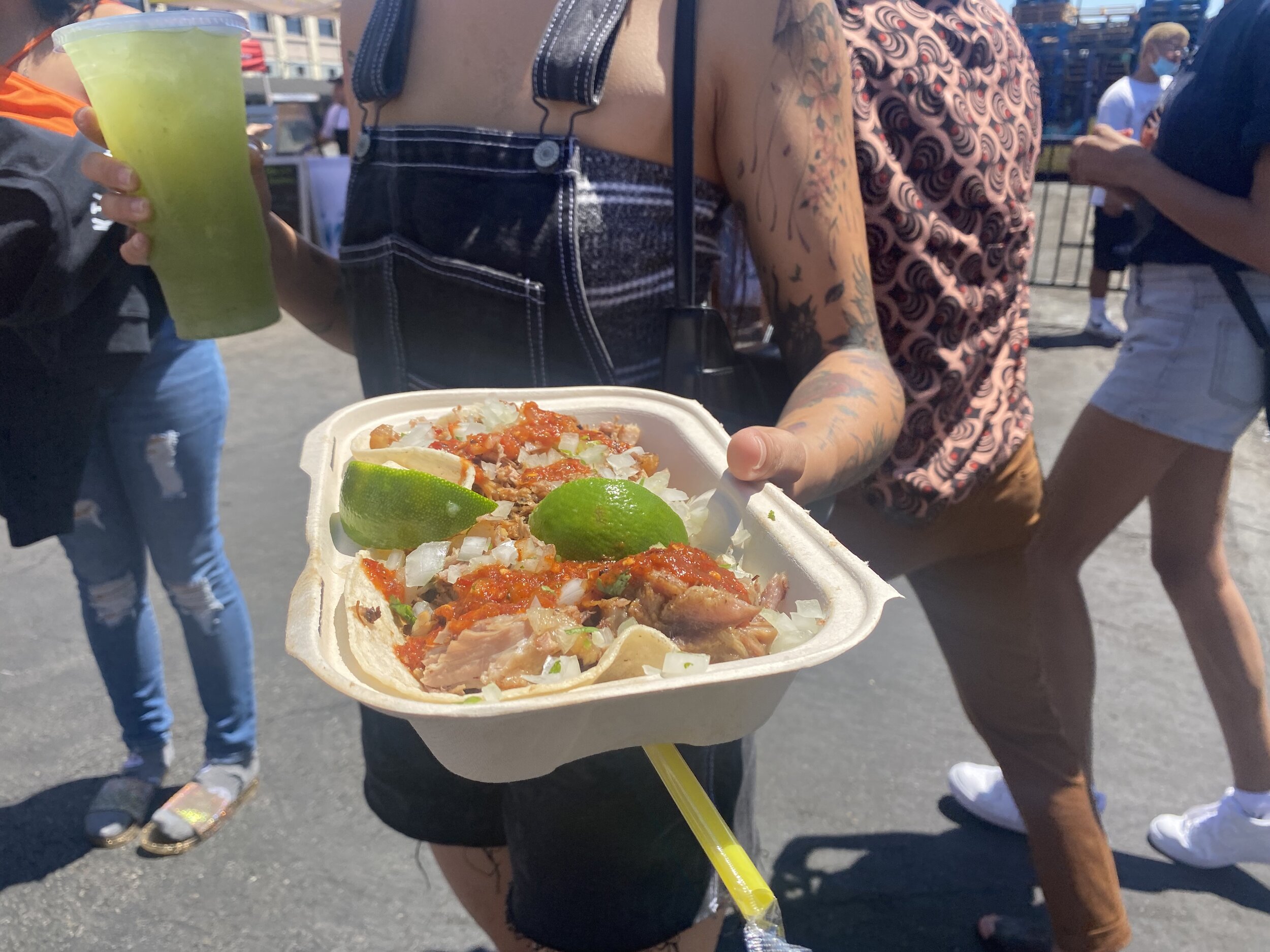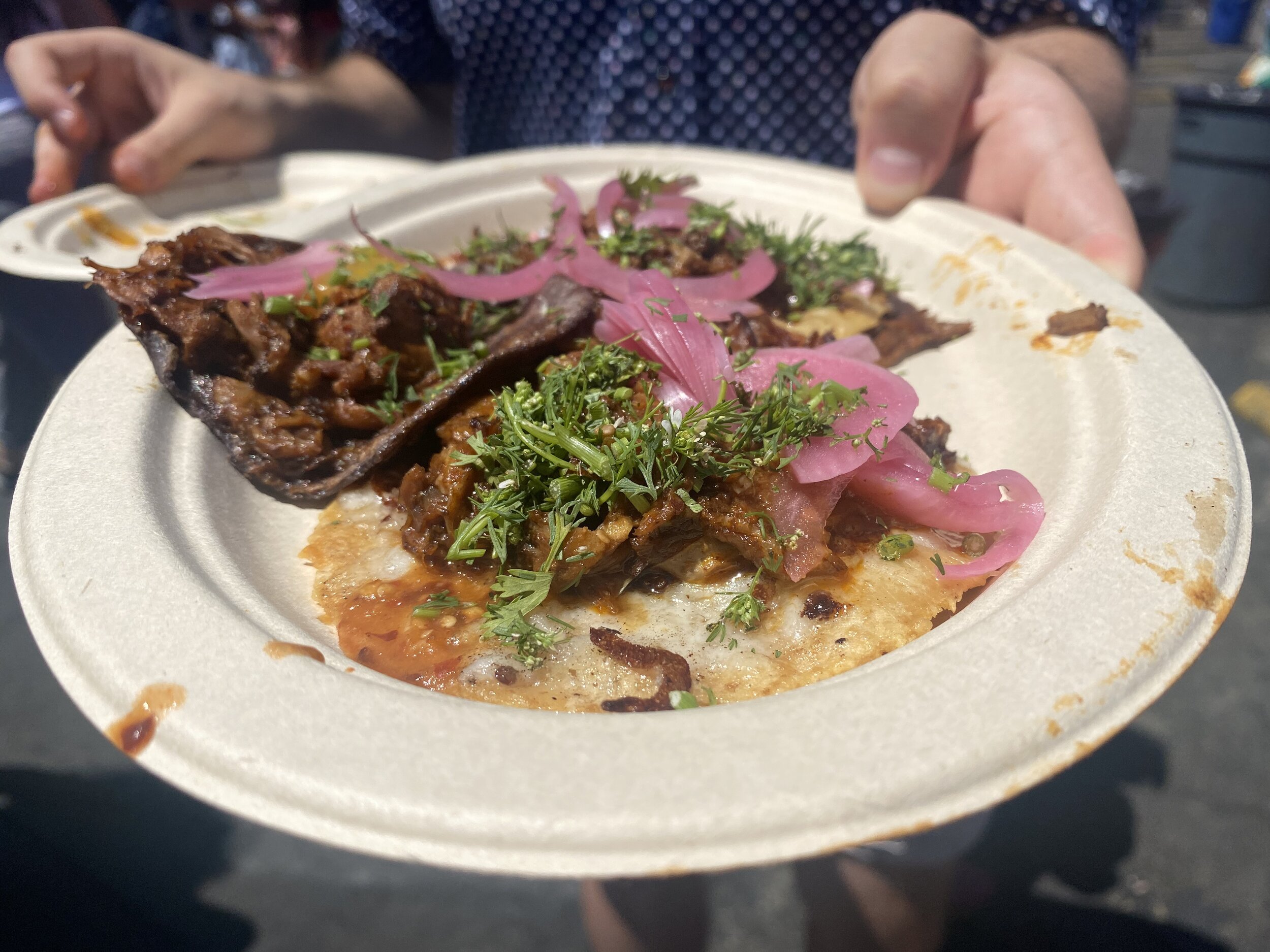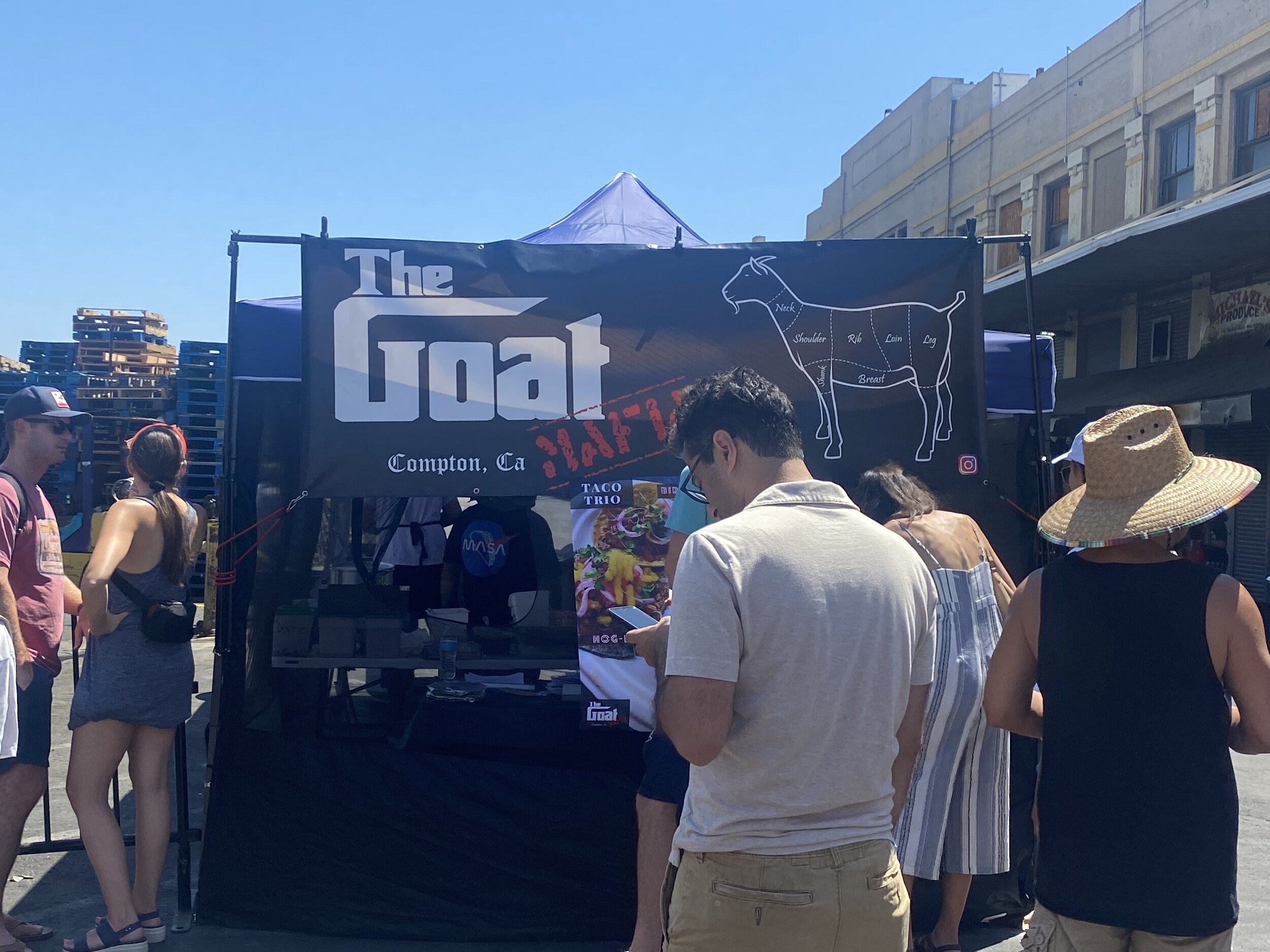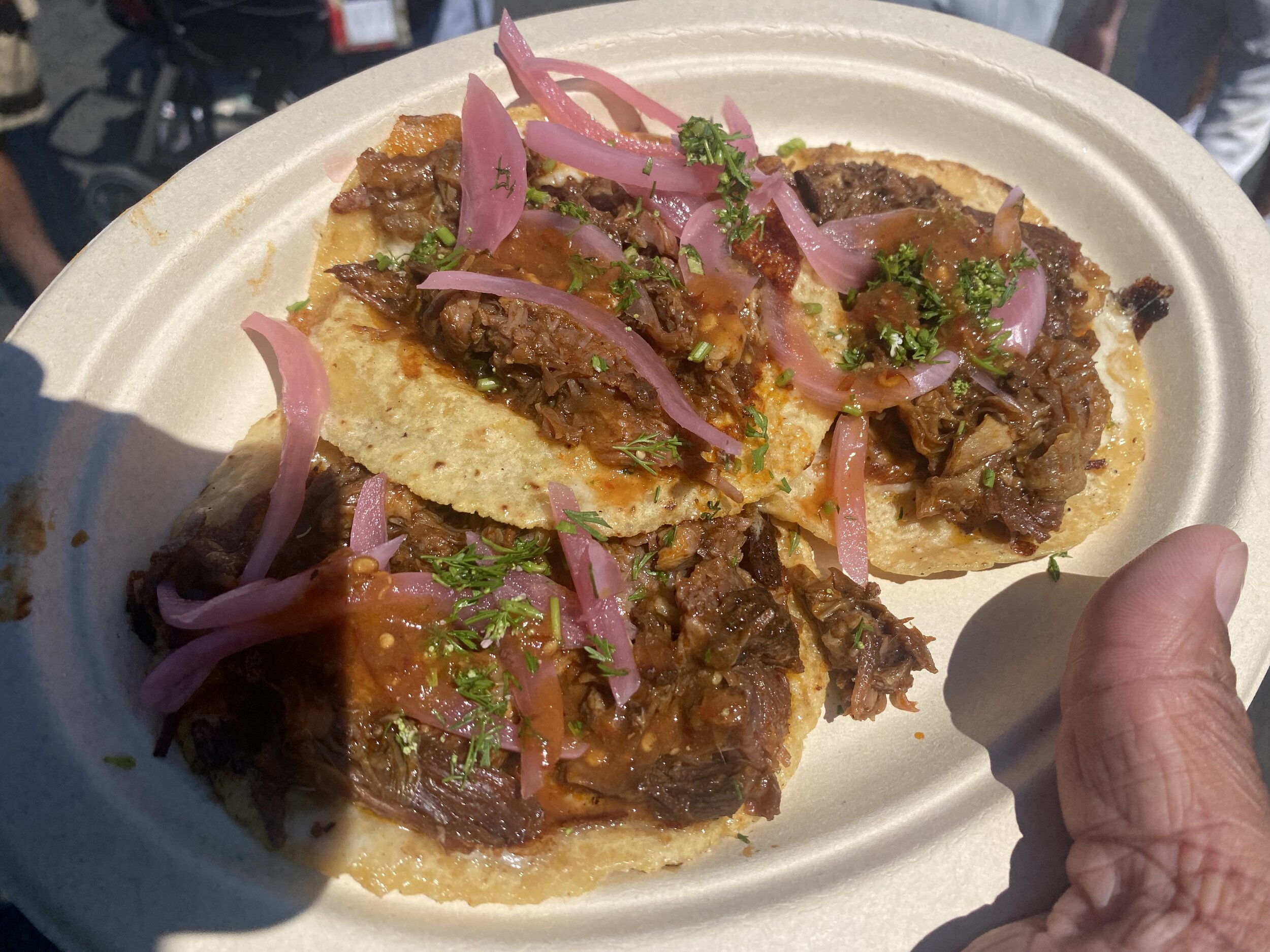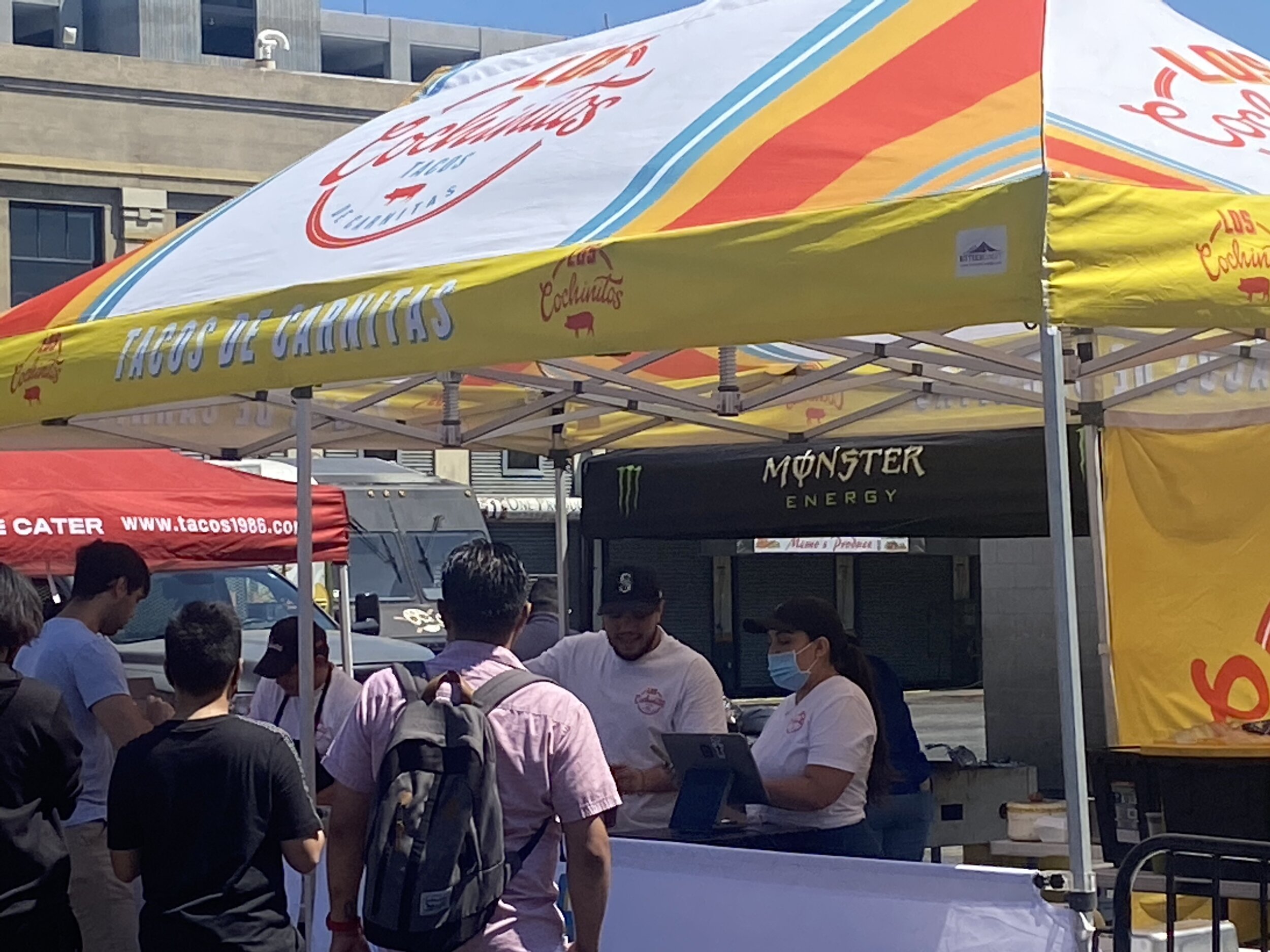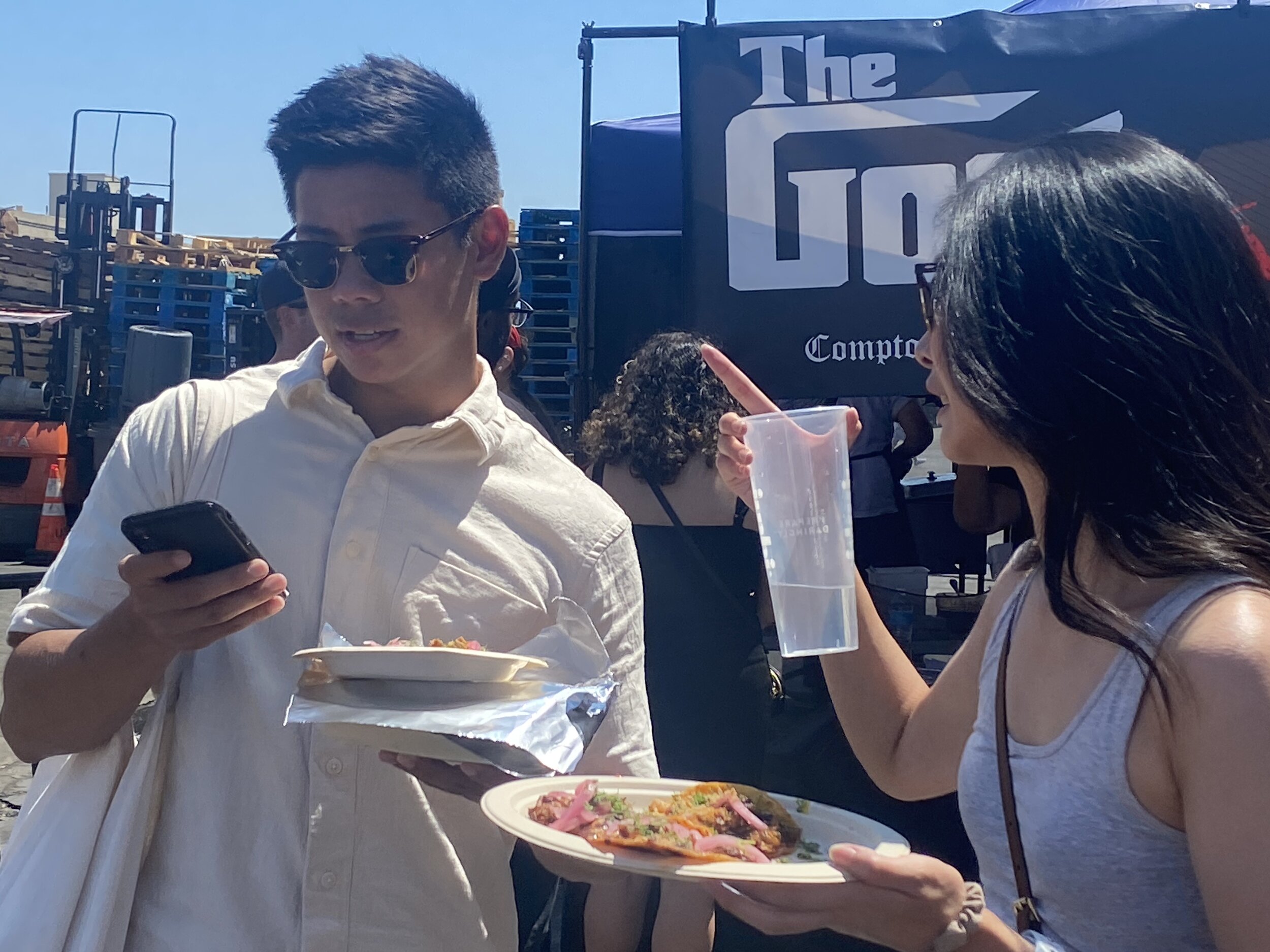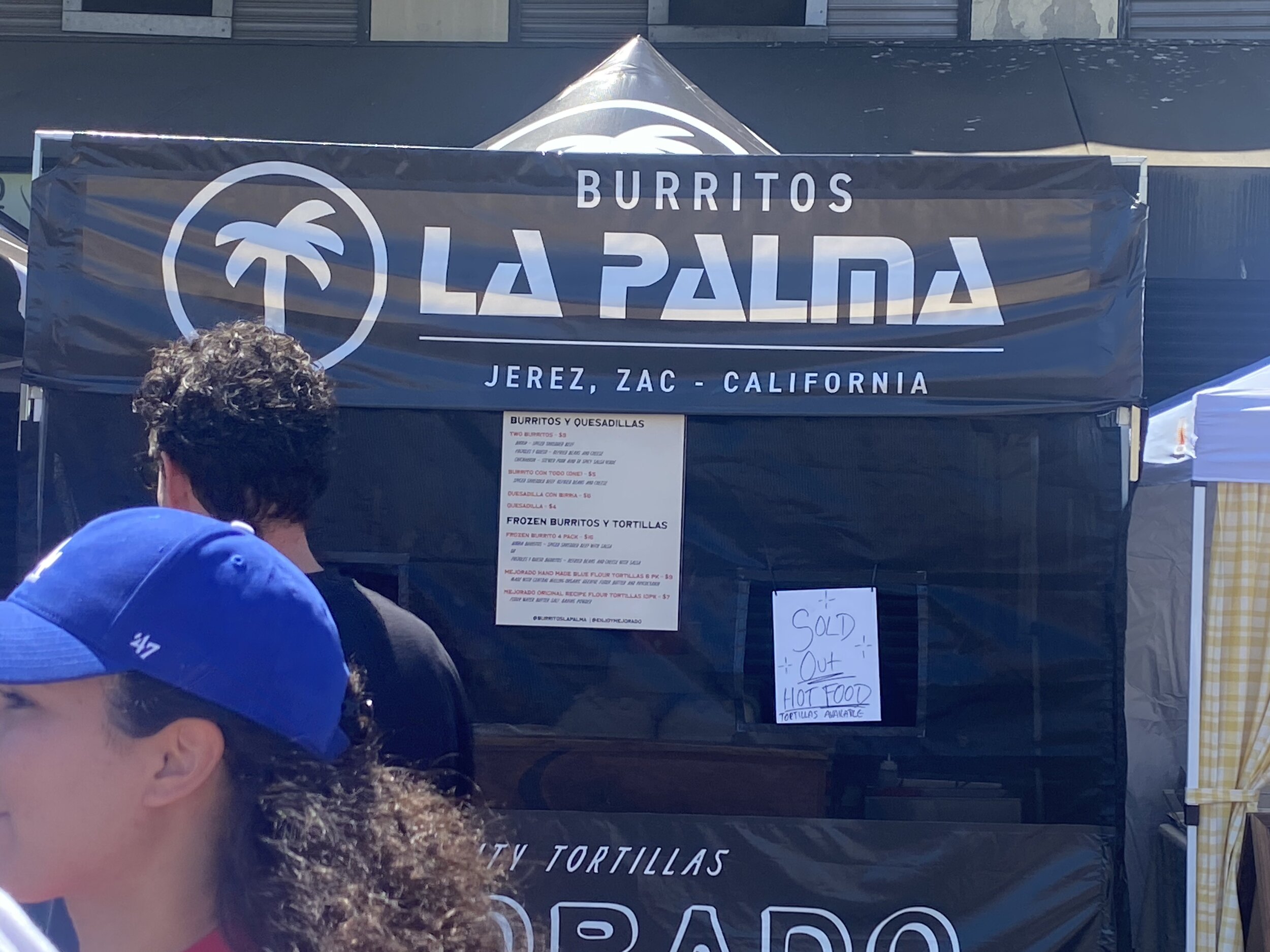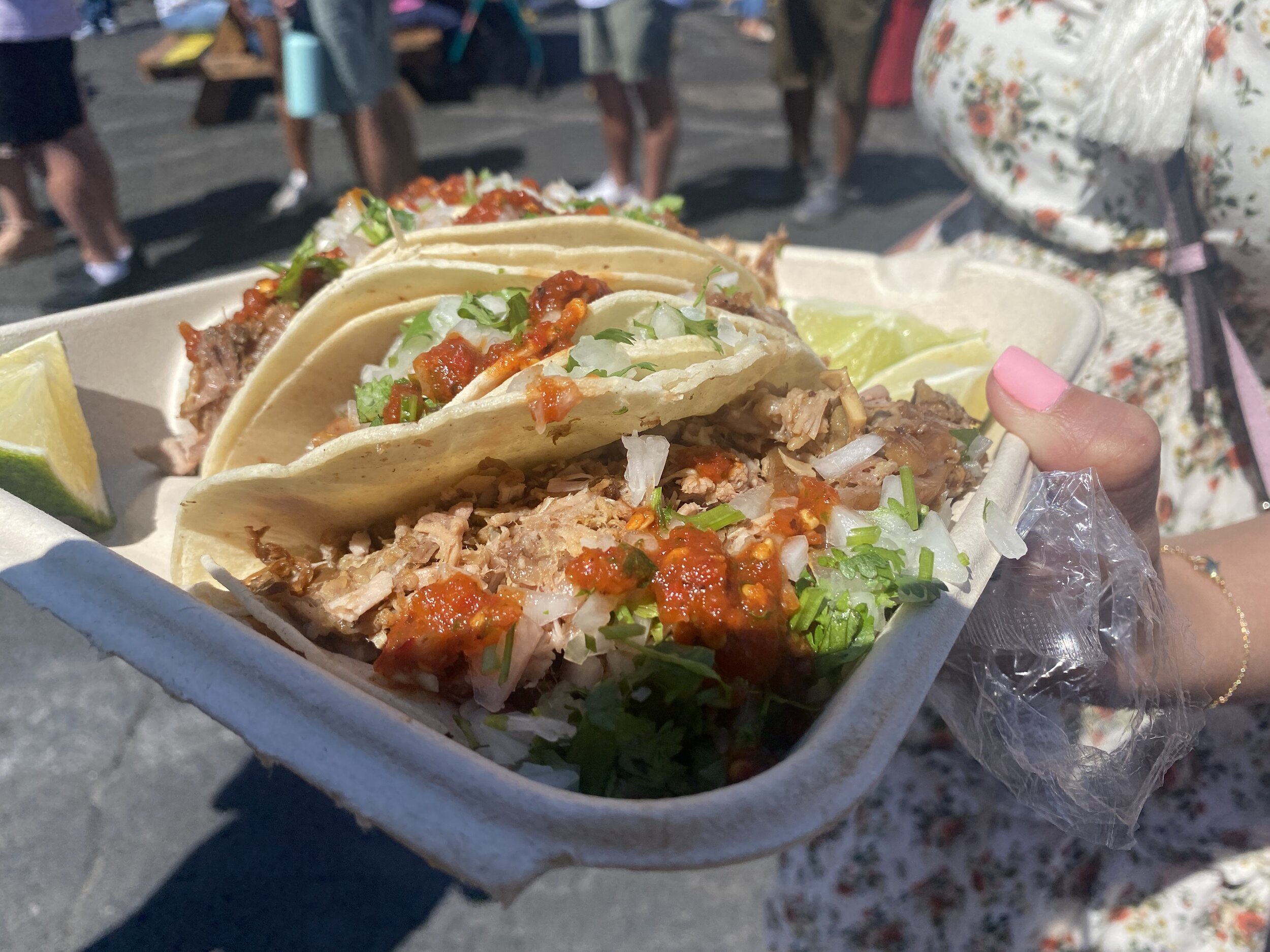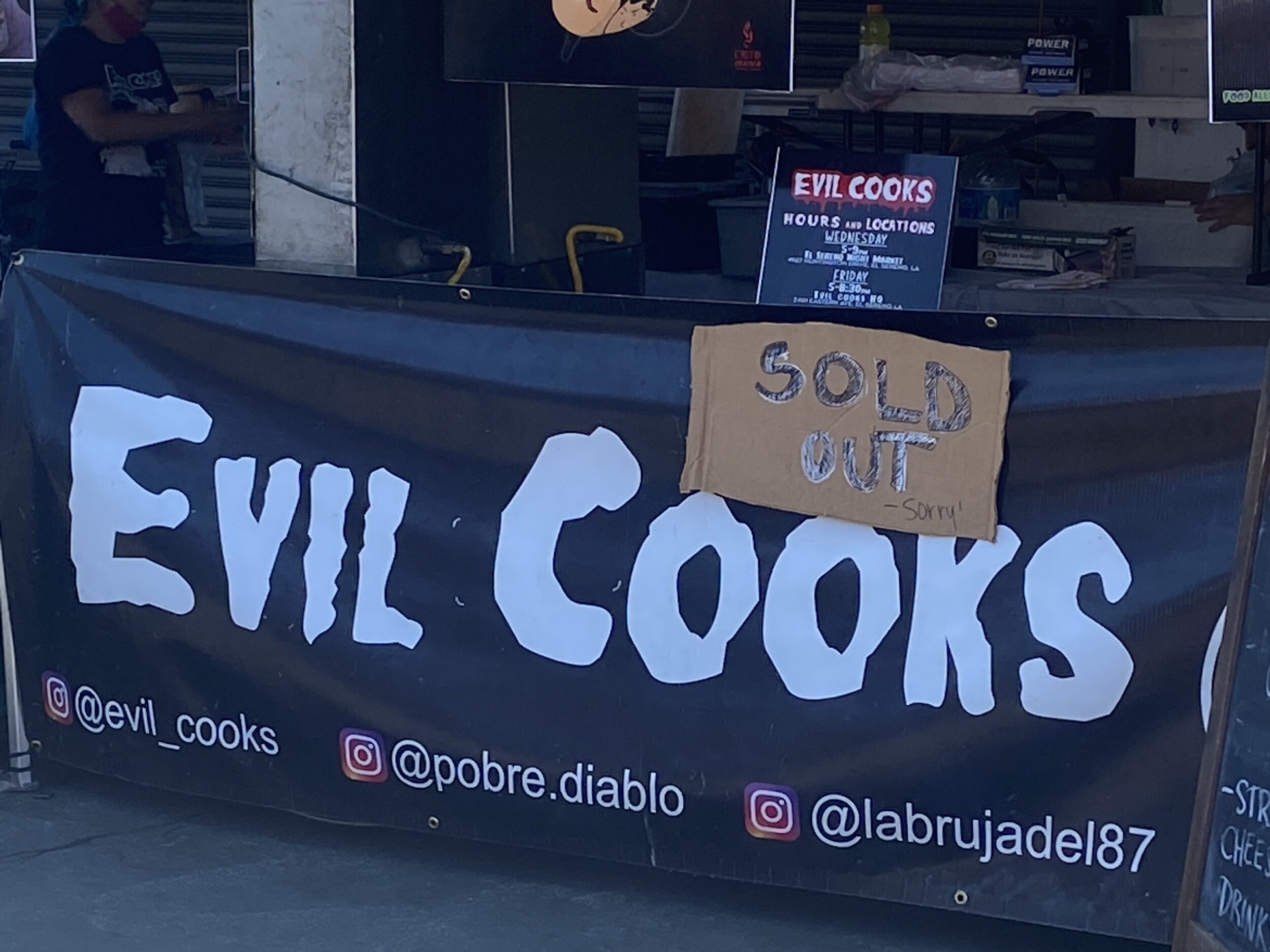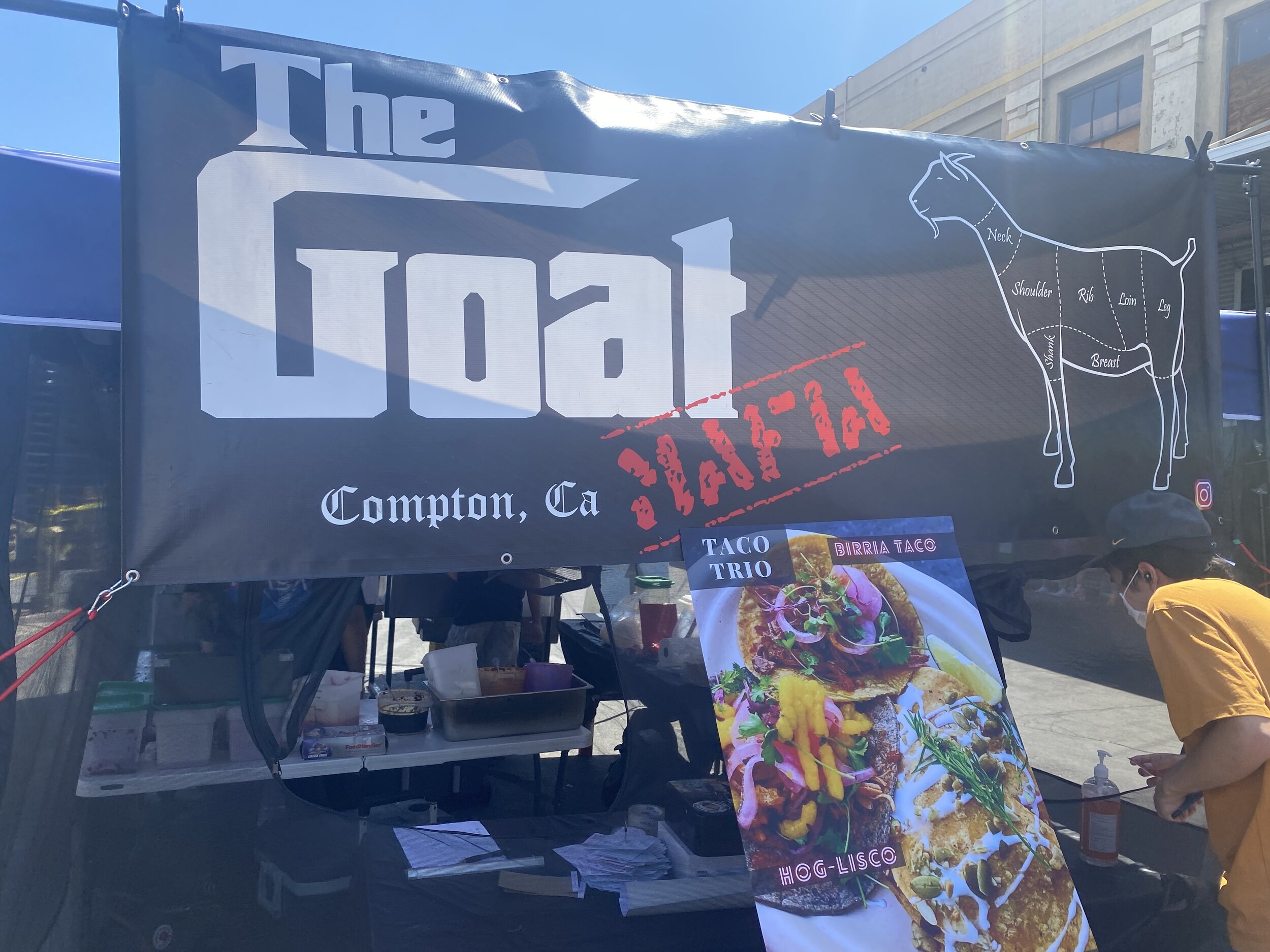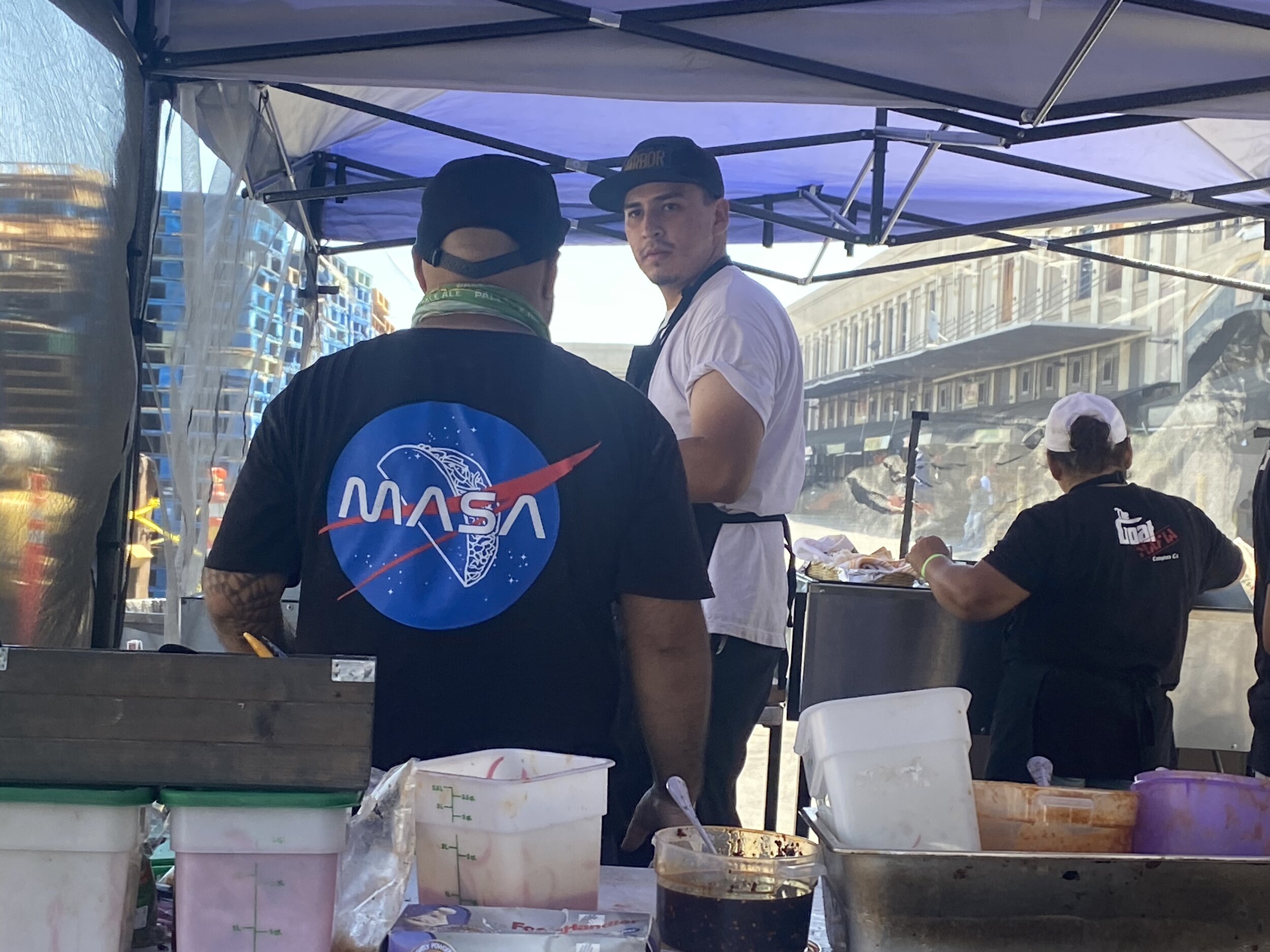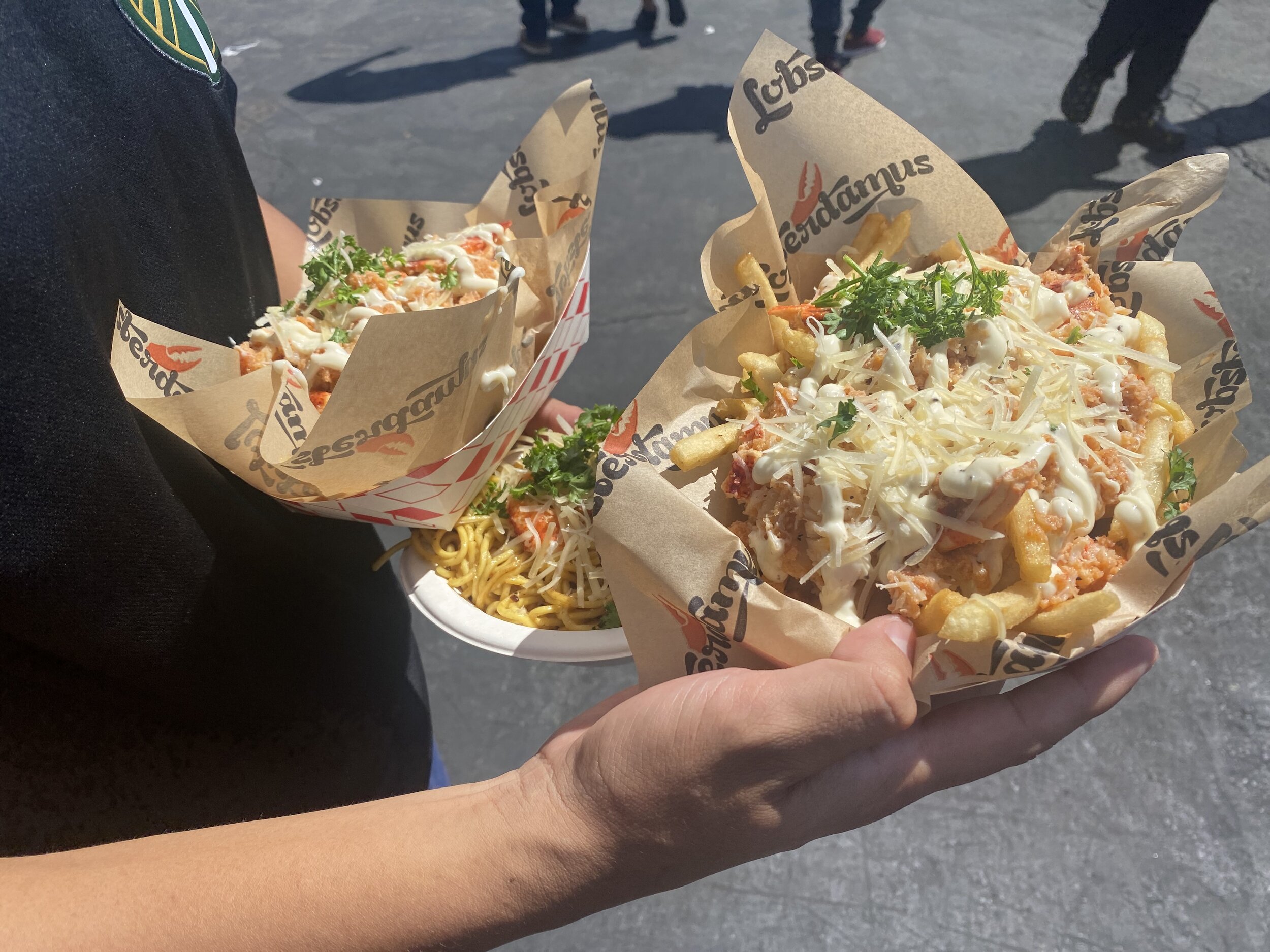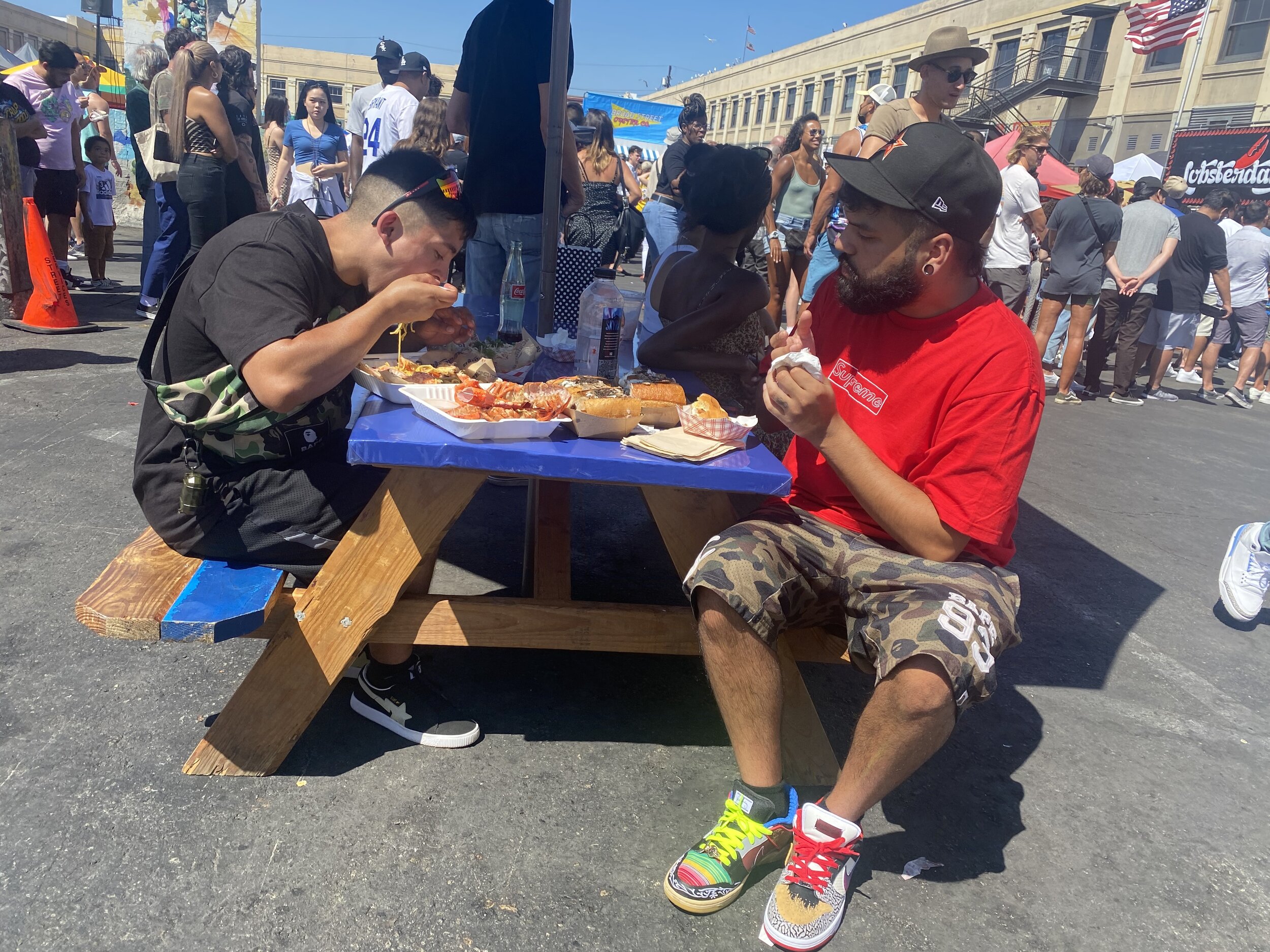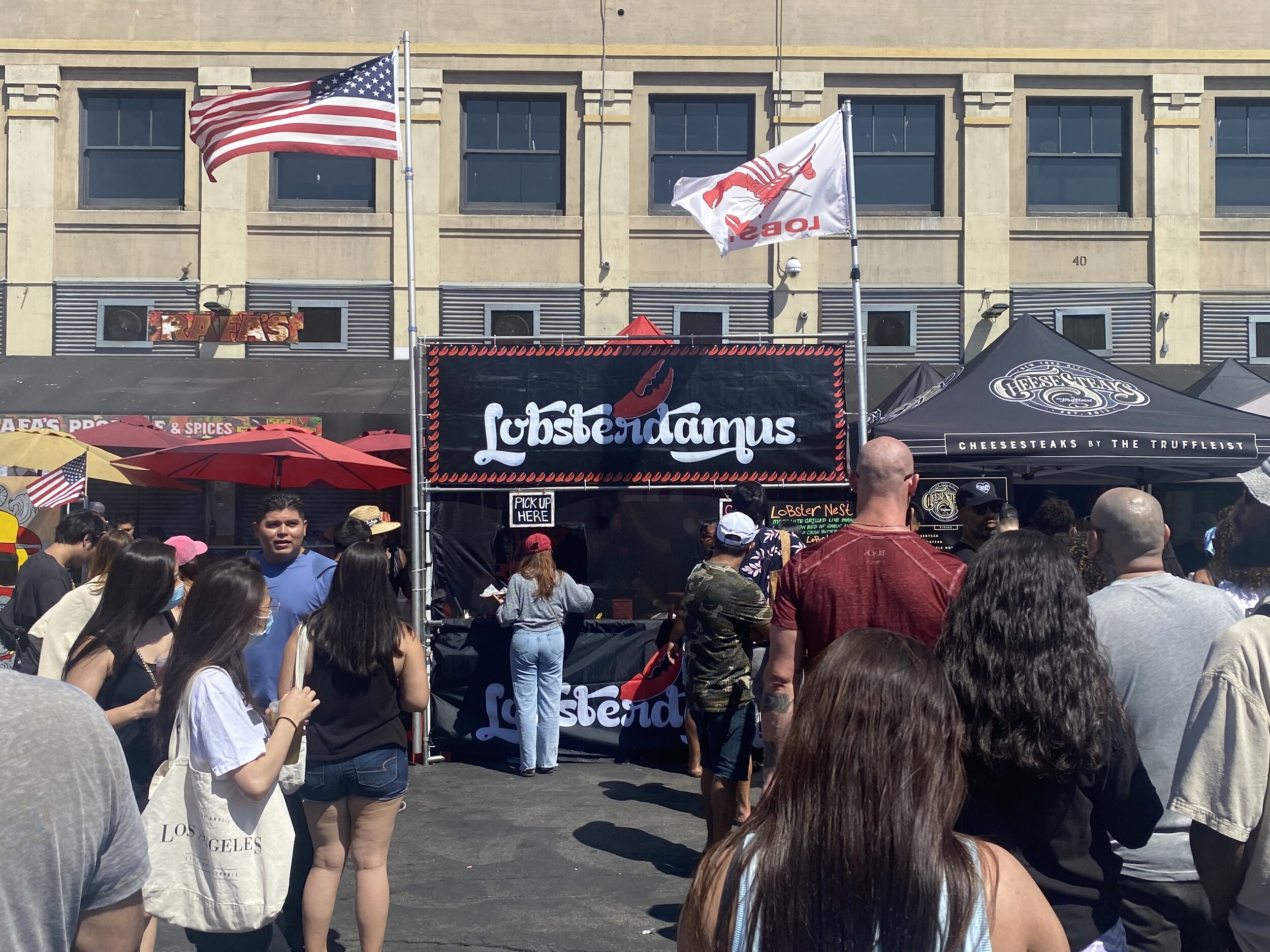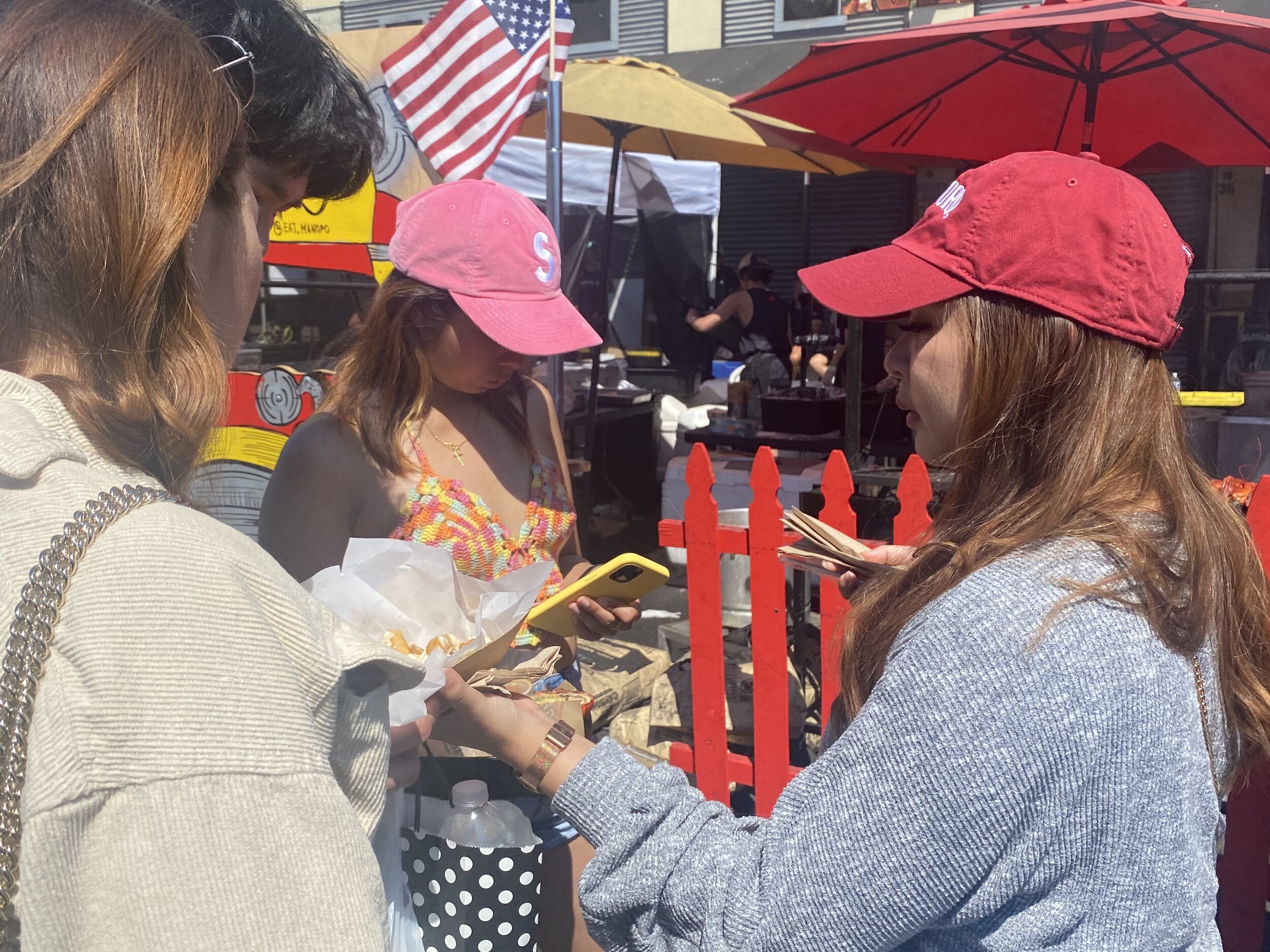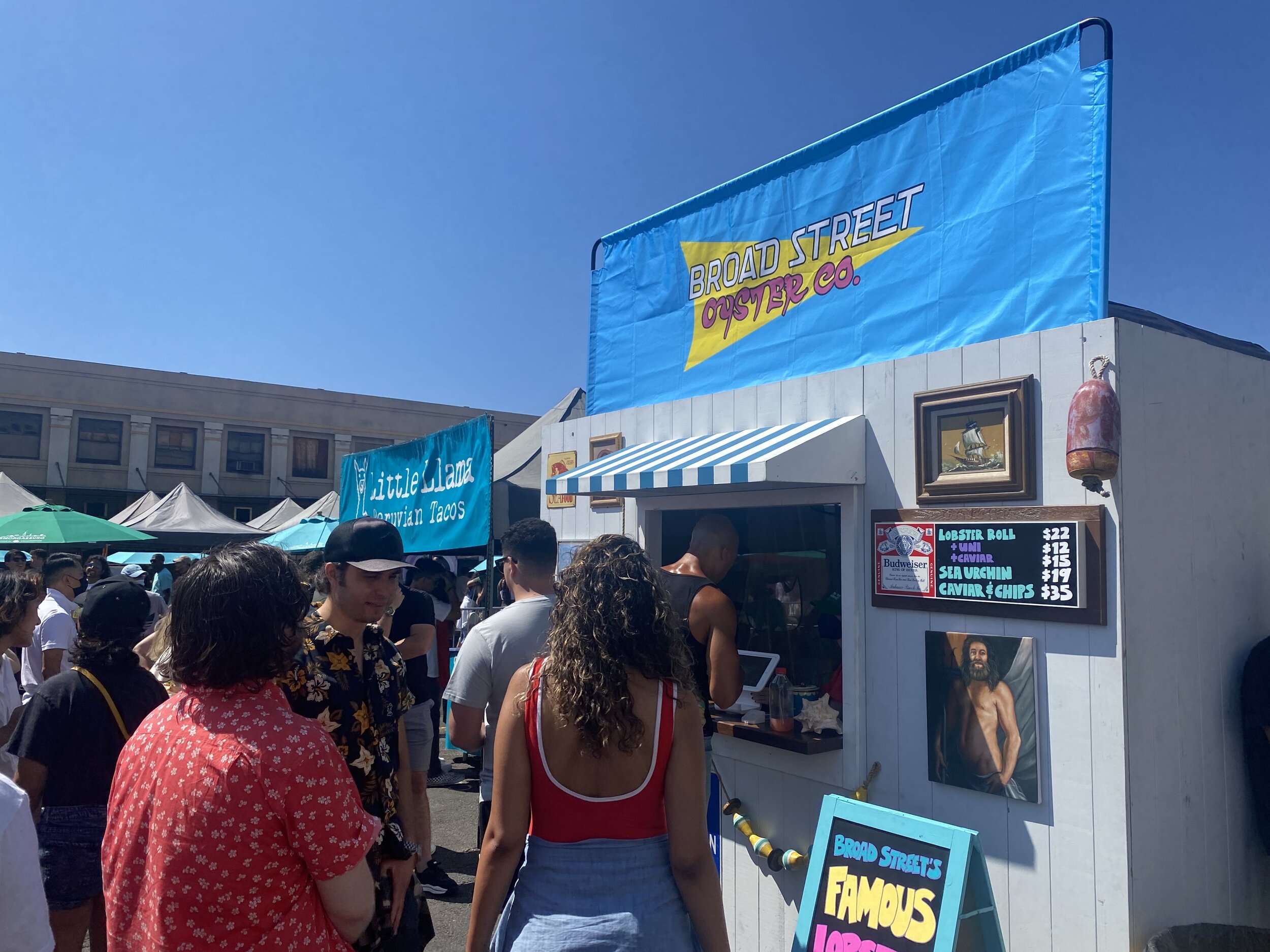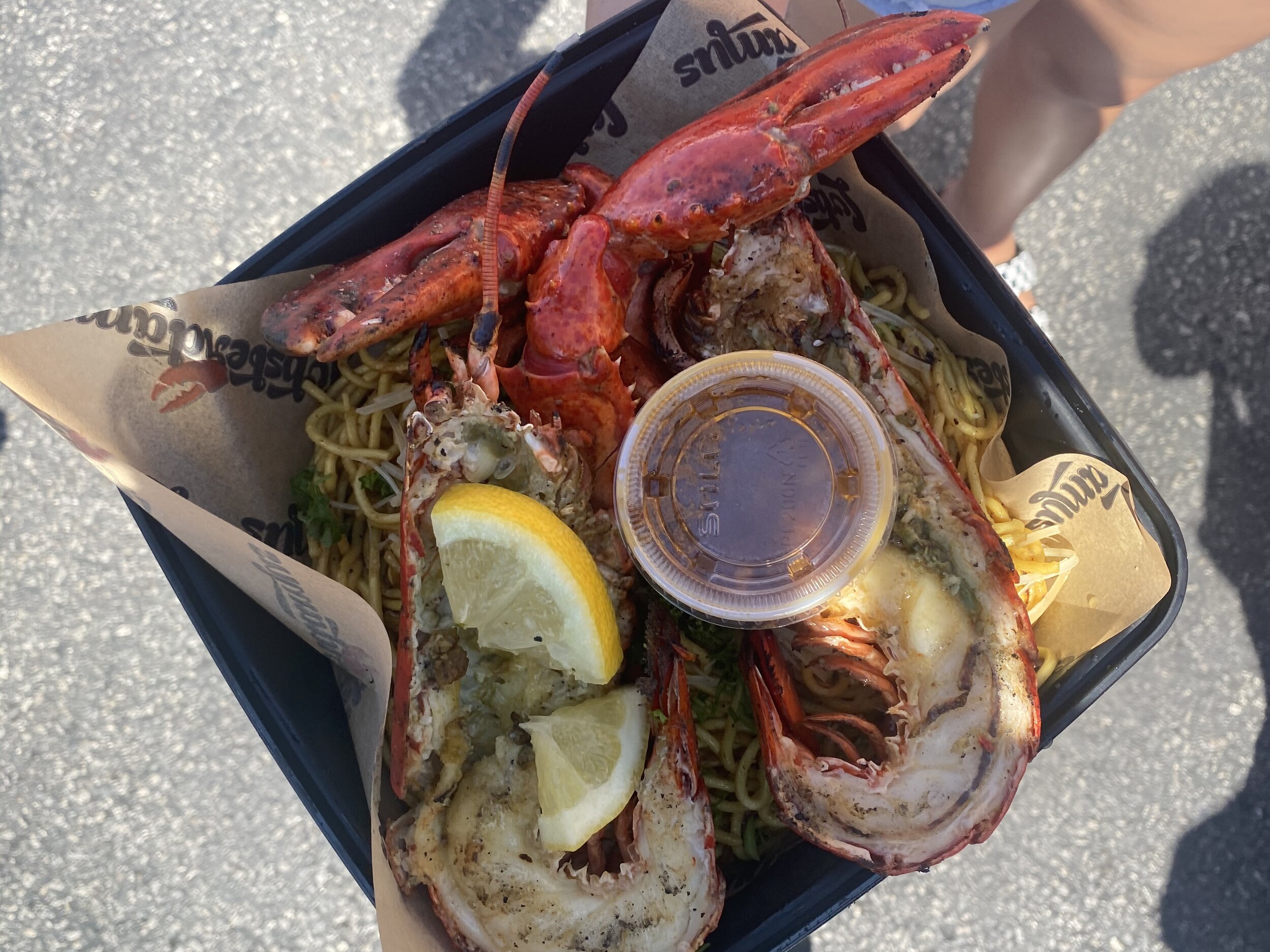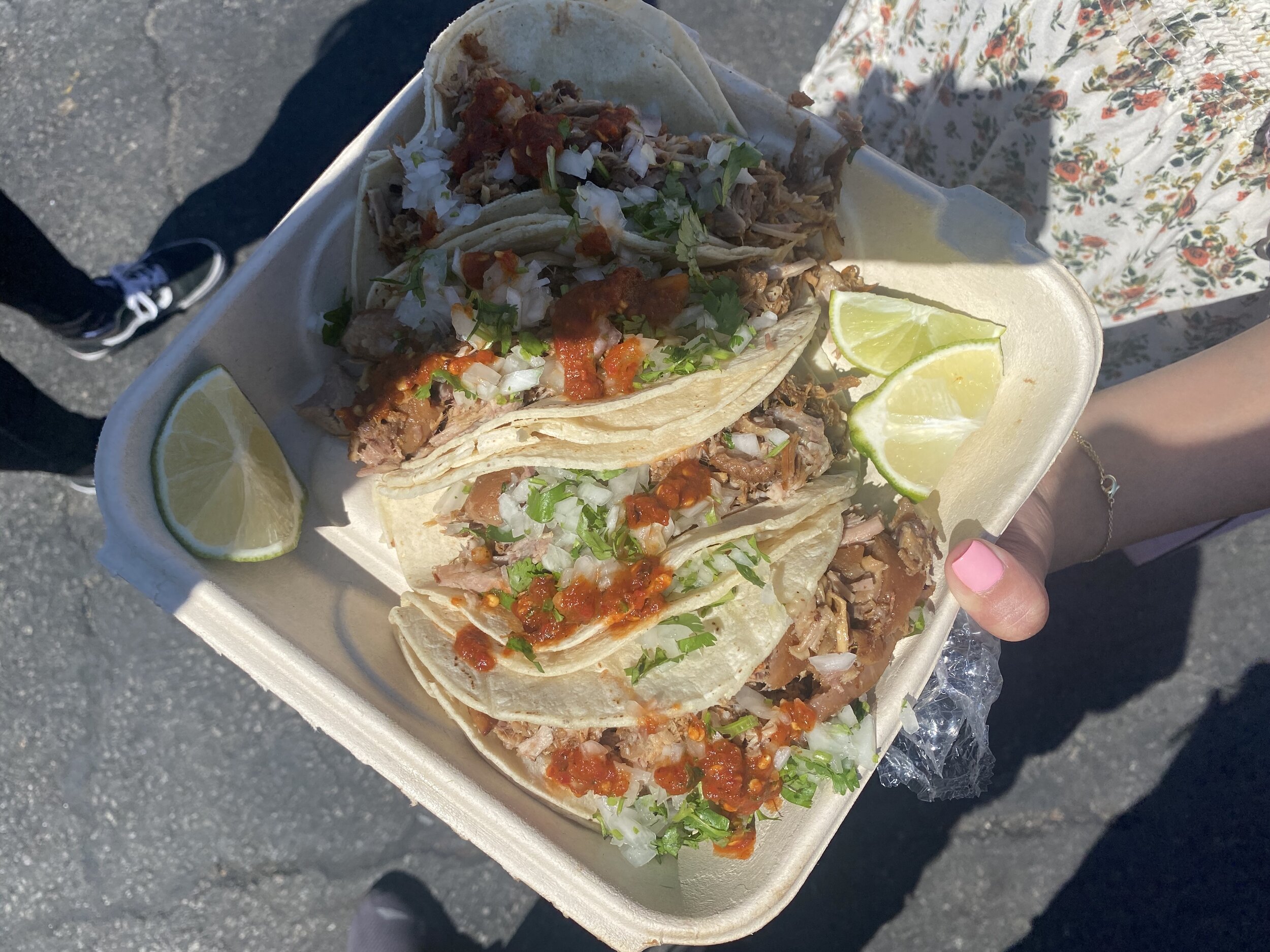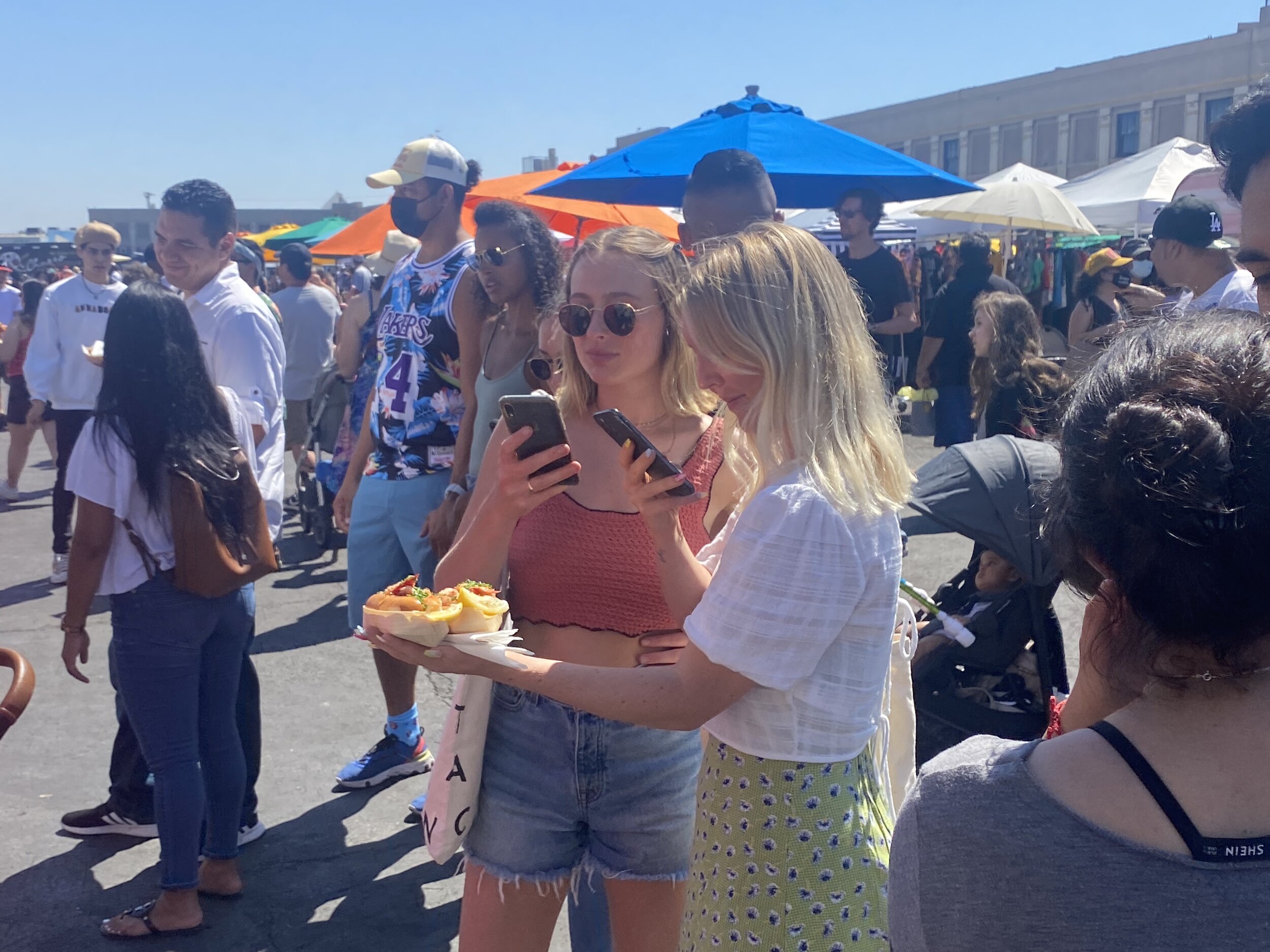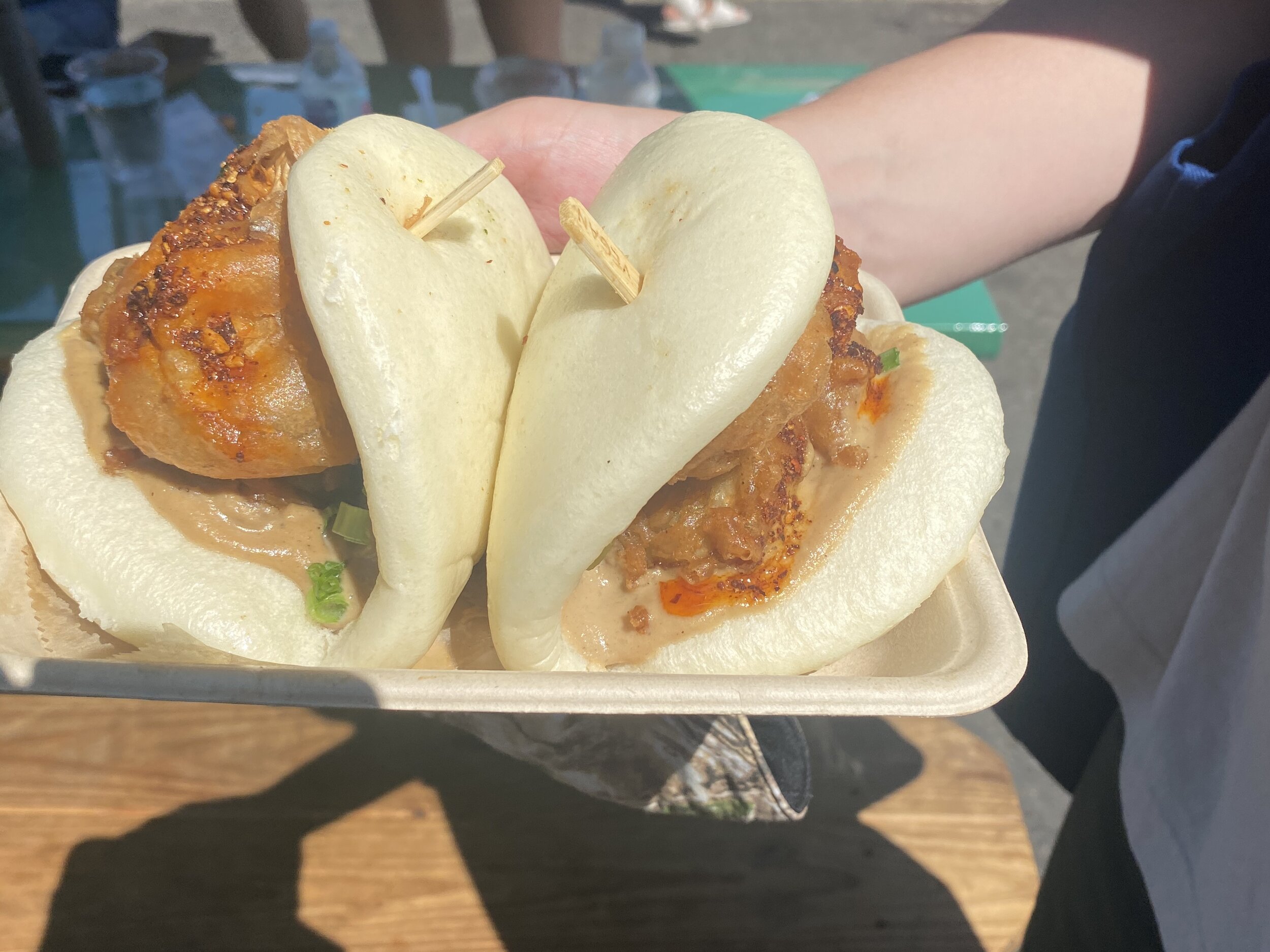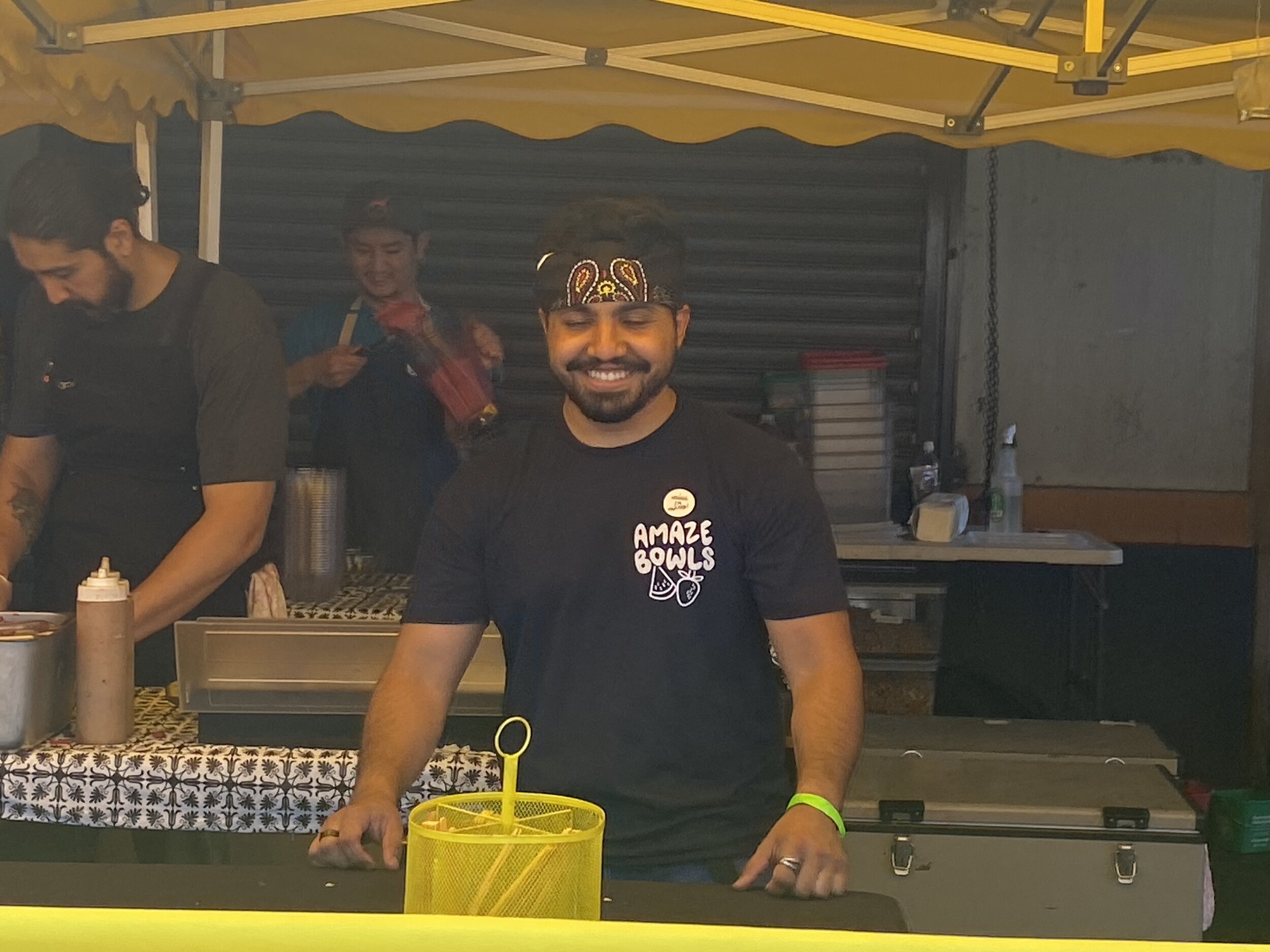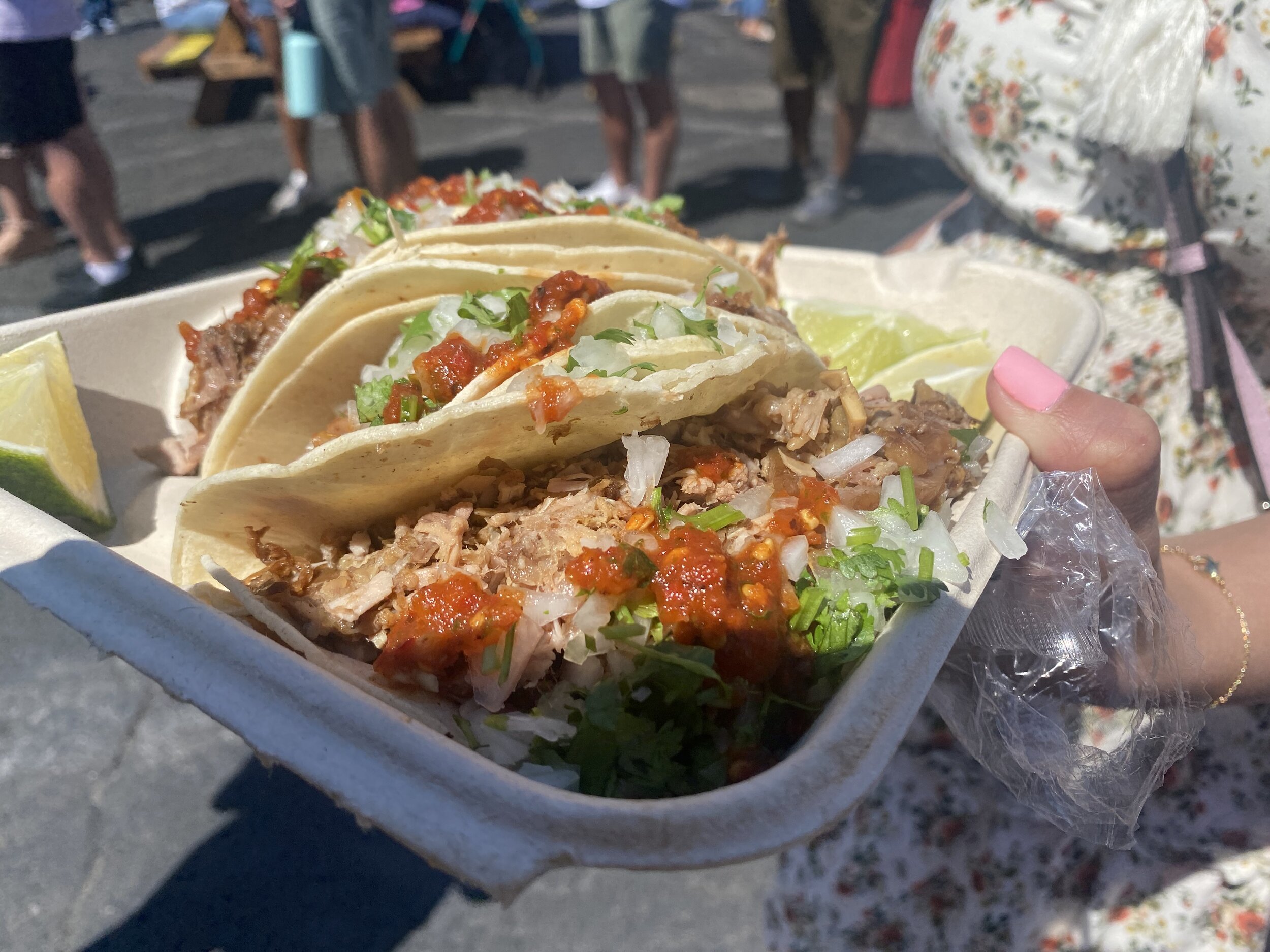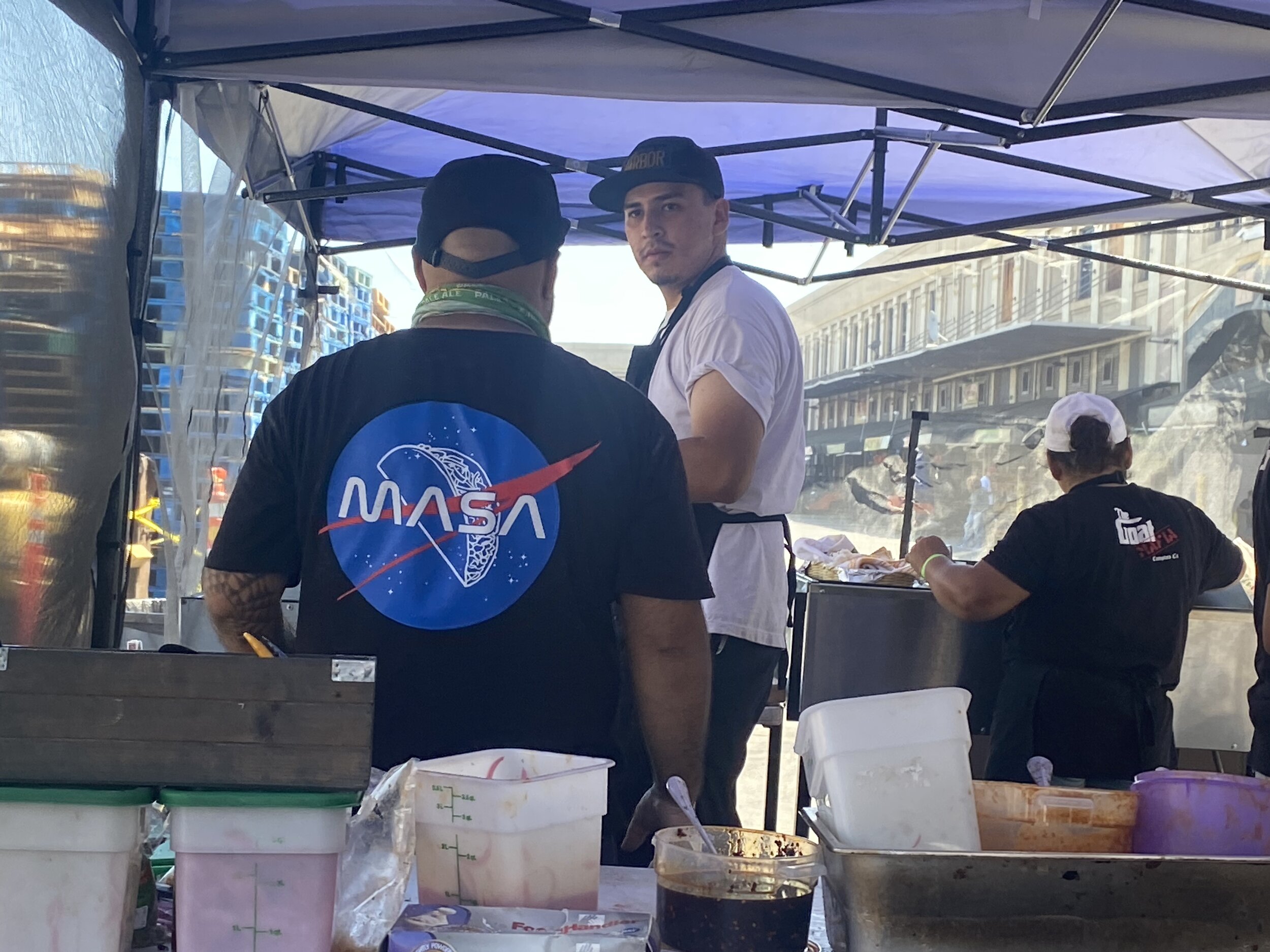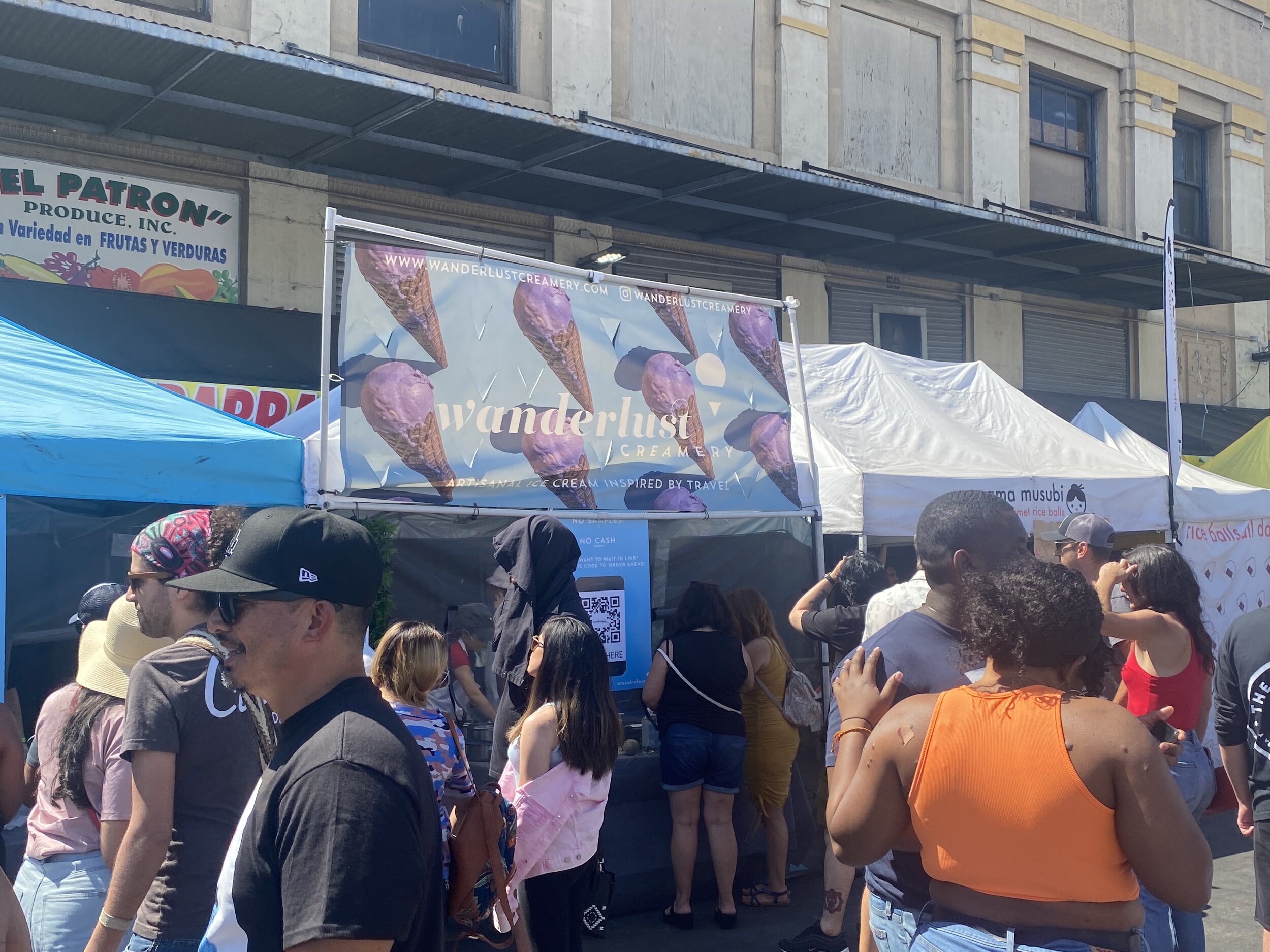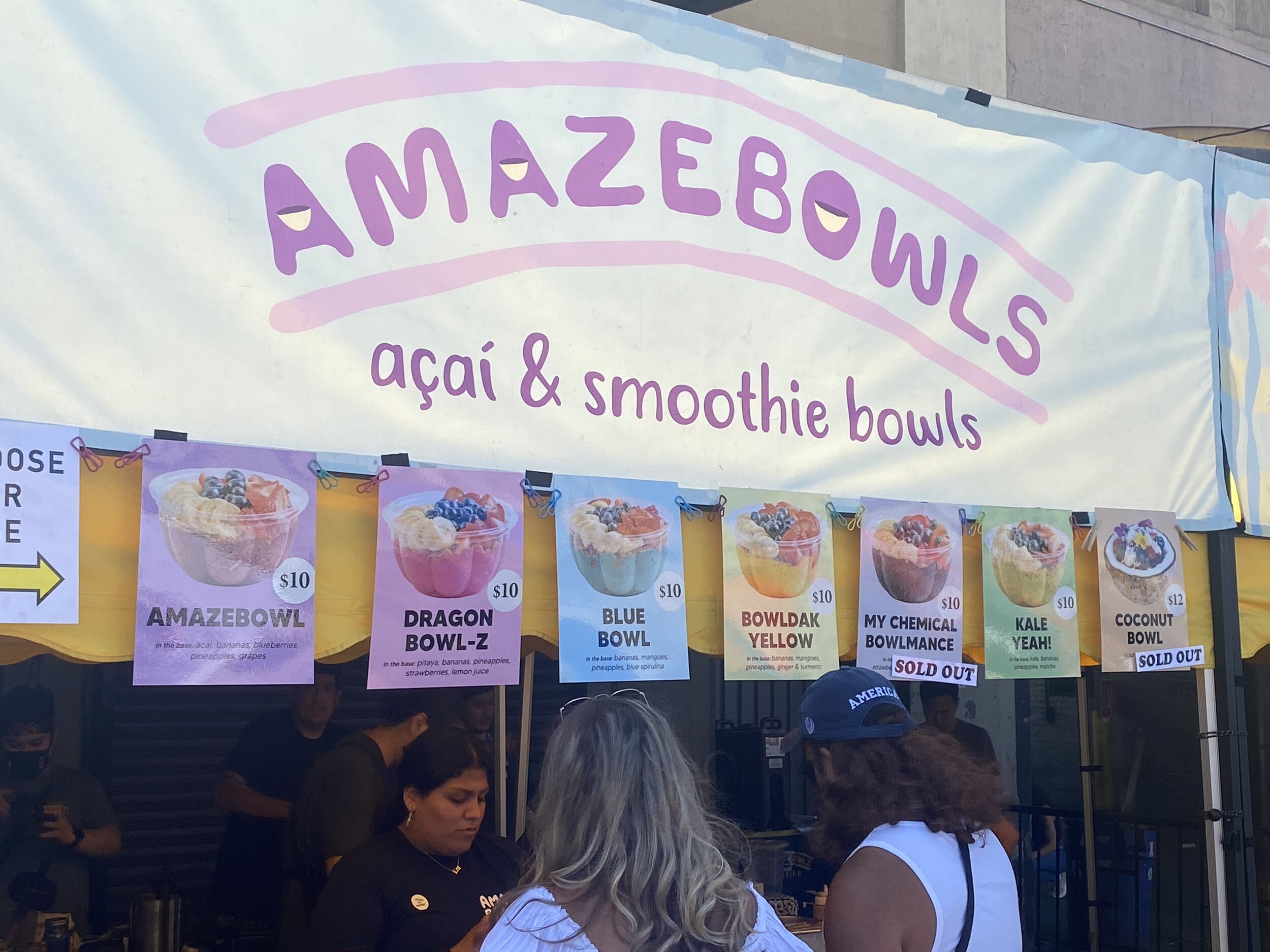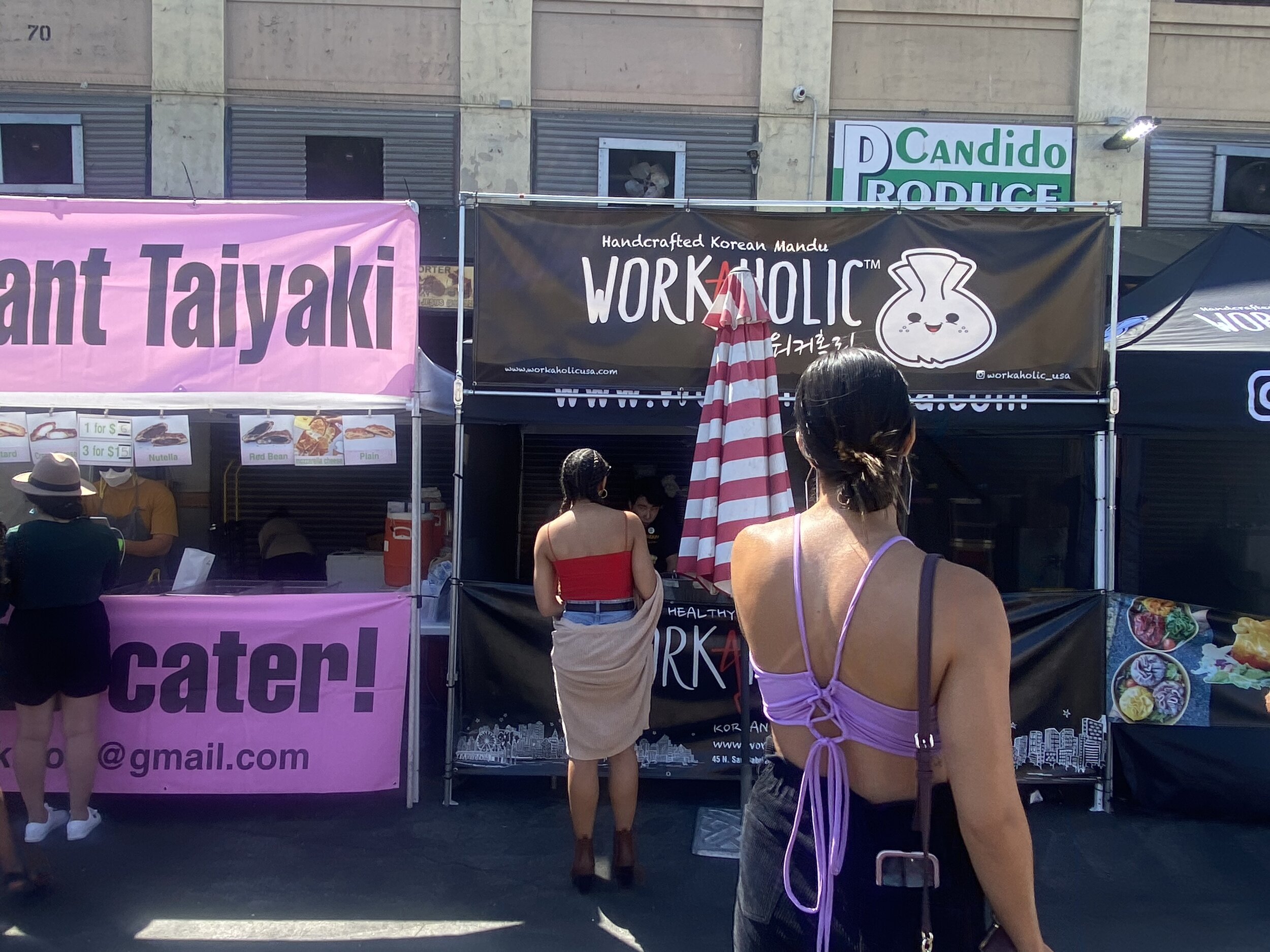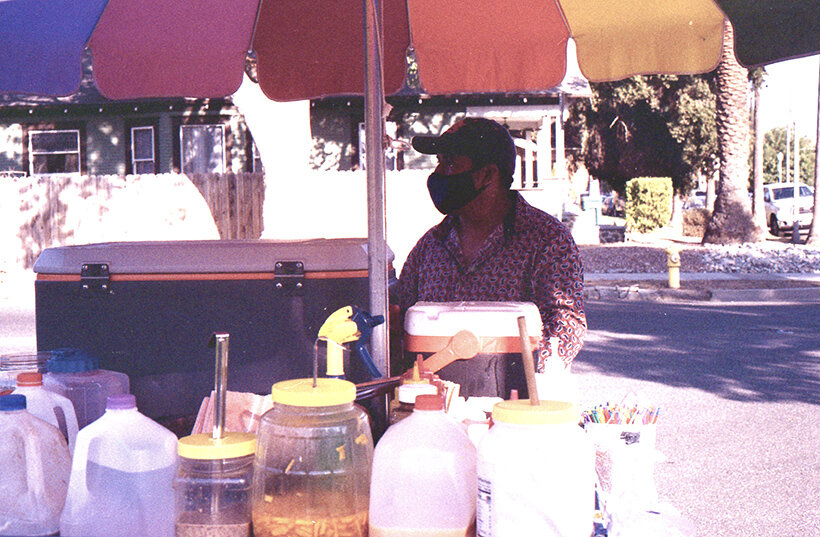Photography Julian Lucas ©2024
Updated 1/31/2025
Following a public records request, as of January 22, 2025, a total of 99 applications have been submitted for sidewalk vending permits. Of these, 73 applicants have been approved, and 28 currently hold an active business license. Additionally, the school district has created an opportunity for street vendors to conduct business in a centralized location. This new space for small entrepreneurs has been established at the corner of Holt and East End, an area rich in history and complexities. Long known as “The Blade,” this location has been associated with prostitution and illicit activity for over six decades. However, this initiative marks a bold step forward in transforming the area into a hub for community connection and economic opportunity.
The decision to activate this space was not made lightly, and during a recent city council meeting, Pomona’s mayor offered a rare and candid perspective. Acknowledging years of resistance by restaurant owners who do business out of a “brick and mortar” store fronts, neighborhood members, and even the city of Pomona Chamber of Commerce has thrown shade to the idea of legitimizing street vendors, which is peculiarly odd and isn’t really business savvy. One would think a chamber would do everything in their power to assist with the process of creating an ordinance to permit street vendors. Anywho, the mayor finally admitted that at a time during his extensive travels outside of the United States had shifted his perspective.
Photography Julian Lucas ©2024
“I’ve been privileged enough to travel to a lot of countries and a lot of big cities and brick and mortar businesses exist alongside sidewalk vendors. All I am saying is we can work together and figure this out”.
Yes, in many cities across the world, from Asia to South America, including places in Europe like France, street vendors are not seen as competition, but as part of a vibrant ecosystem that benefits everyone. Sandoval’s remarks reflected a broader understanding of how inclusive urban planning can address economic inequality while fostering innovation and growth.
Furthermore, as someone who has lived in Portland, Oregon, a city renowned for its thriving food cart scene I can attest to the benefits of a balanced coexistence between street vendors and traditional restaurants. In Portland, food carts occupy designated pods, all over the city, not just limited to a certain area. This has formed lively hubs that attract locals and tourists from every corner of the globe. Curious about how brick-and-mortar restaurants feel about their mobile counterparts, We reached out to several Portland restaurant owners if they felt threatened by the presence of food carts. Their response? Laughter.
“No, it actually helps business,” one owner explained. “When you have food carts, you bring more people from everywhere. It’s not about competition—it’s about variety.” This sentiment underscores the idea that street vendors enhance, rather than detract from, the overall dining experience, making areas more attractive to visitors and fostering a diverse culinary landscape.
One of the most transformative aspects of Pomona’s initiative is how it effectively turns the lights on in an area historically shrouded in shadow. By foot drawing traffic and families to the area, the presence of street vendors creates a more lively, visible, and positive atmosphere that naturally discourages the vices. Although the entrepreneurs can only operate three nights during the weekend. The organic growth of a vibrant, community oriented space is a powerful deterrent to illicit activities, who often rely on anonymity and a lack of public scrutiny, all without the use of cops.
Ironically, the corner of East End and Holt was home to Tacos Mexico. Tacos Mexico used to street vend right outside their uniquely shaped round brick-and-mortar restaurant, creating a lively atmosphere in that area. Sadly, like many other interesting buildings in Pomona, it was eventually demolished.
Tacos Mexico #1
Video Still
Julian Lucas Circa 2002
However, there is a bit of resistance from a collection of out-of-touch community members who seem trapped in a nostalgic vision of Pomona that no longer exists, or aligns with its present realities. These individuals, along with local developers seem to cling on to outdated, classist ideologies. They have played a significant role in keeping the city in a state of stagnation. By opposing change and failing to recognize the value of street vendors as a vital part of the city’s cultural and economic landscape, they perpetuate barriers to progress by gate keeping. Their reluctance to embrace change and inclusive solutions like the East End activation underscores a broader struggle: The fight to move Pomona forward without being held back by those unwilling to let go of the past.
The move by Pomona shows an understanding of how inclusive strategies can reshape urban areas. By empowering small businesses and embracing a model that has been successful elsewhere, the city is fostering a space that curbs vices, promotes economic opportunity, and brings people together.
But does this transformation come with a cost? By choosing to create a space for vendors in an area traditionally marked by economic hardships, the city may be walking a fine line. While some see it as an effort to rehabilitate a community, others argue it exploits street vendors as a tool to gentrify the area under the guise of “community building.”
The city of Pomona recently approved a Business Improvement District (BID) for the East End, approving Civitas to manage the privatization of public streets and development. While some see this as a good thing, it comes at the cost of privatizing public spaces like sidewalks, parks, and streets, all to be monitored by private security, known to many as the “BID police”. Ultimately, only property owners not business owners truly benefit, as BID taxes are passed down through rents. BIDs often lead to gentrification, displacing long-time residents with those who can afford astronomical rents. For East End Pomona, the main "benefit" might be relocating sex workers and the unhoused to other areas, potentially impacting the surrounding cities such as Claremont and Montclair.
Julian Lucas, is a darkroom photographer, a purveyor of fine artists’ books, and writer, but mostly a photographer. Don’t ever ask him to take photos of weddings or quinceaneras, because he will charge you a ton of money.




